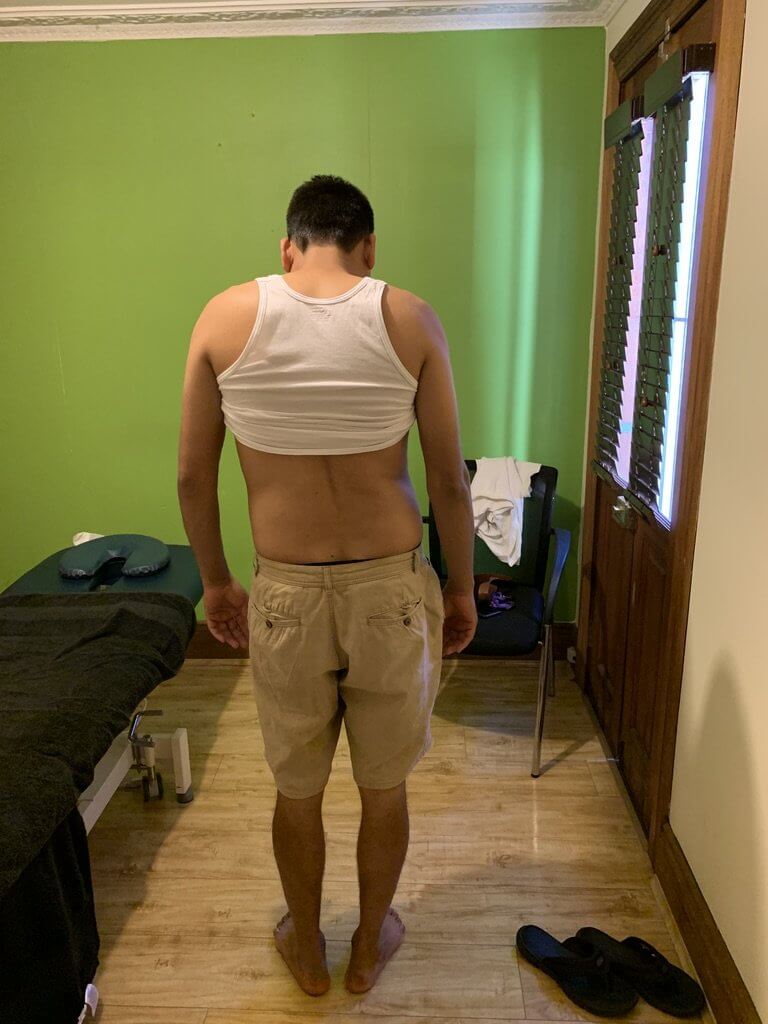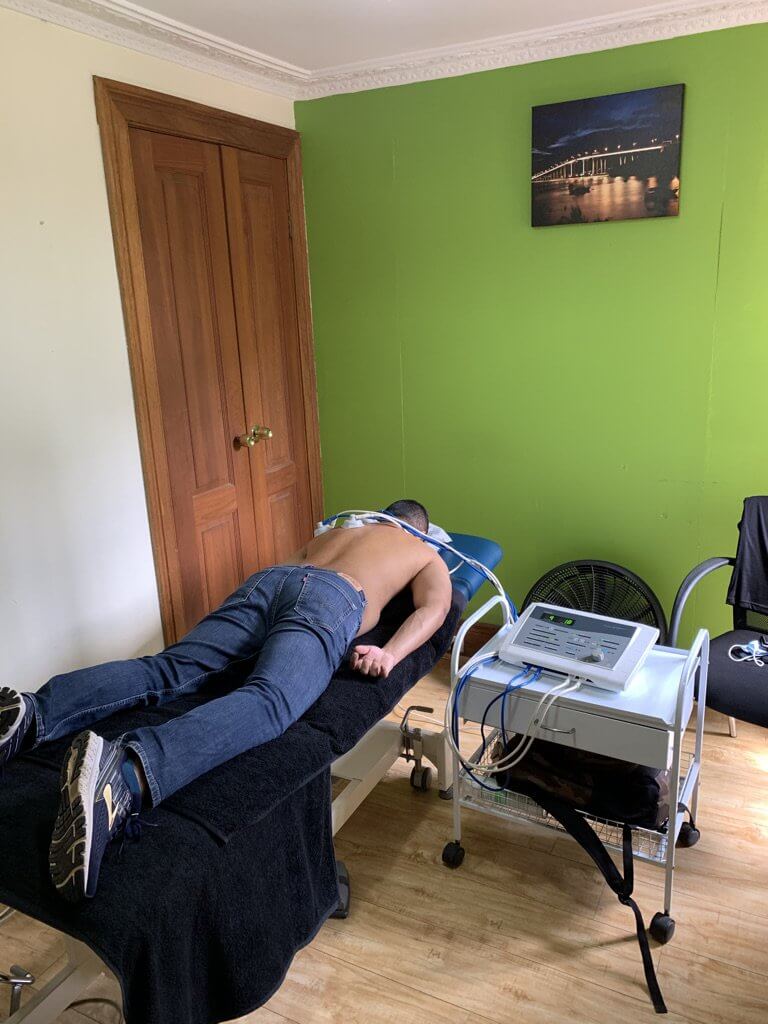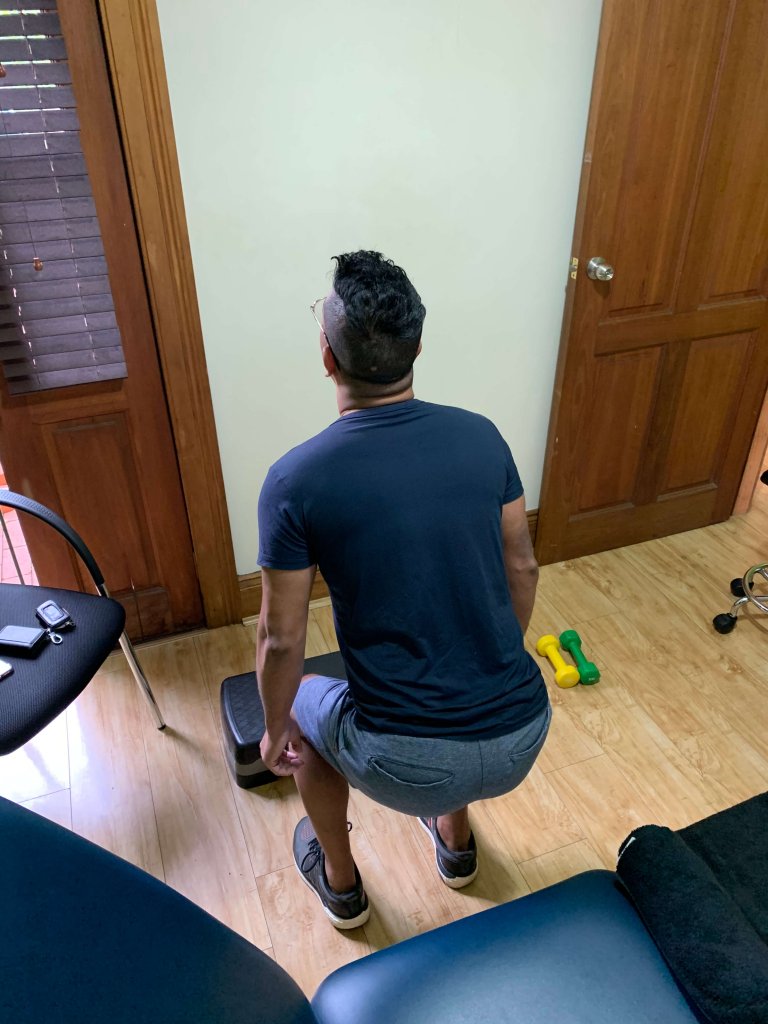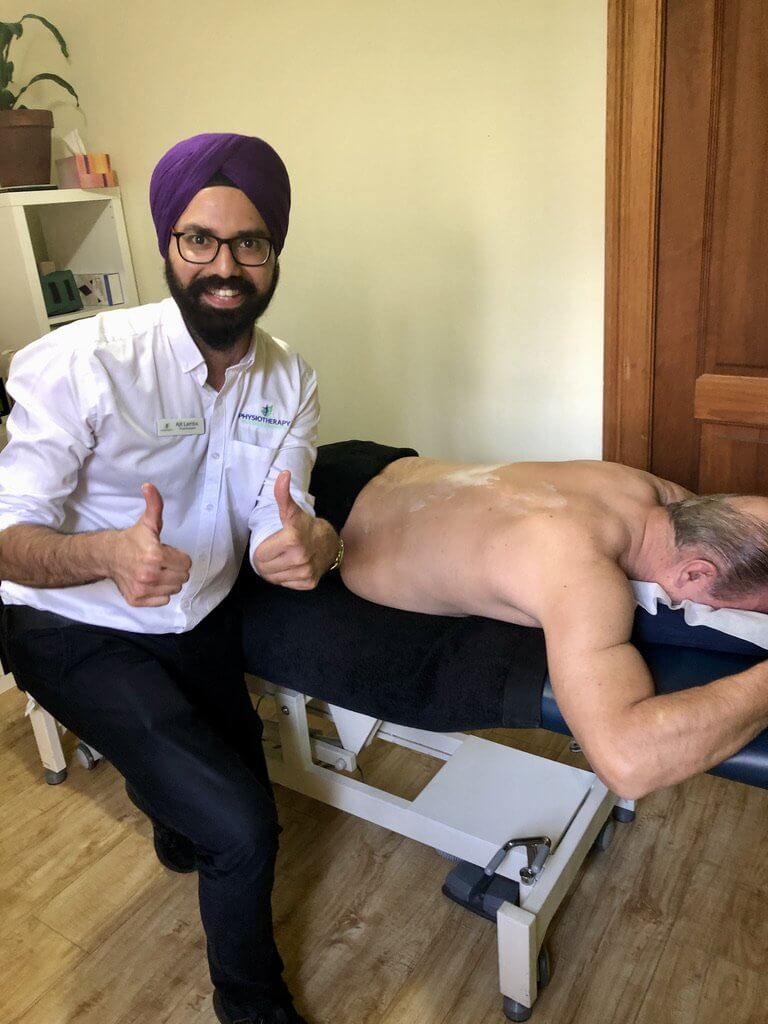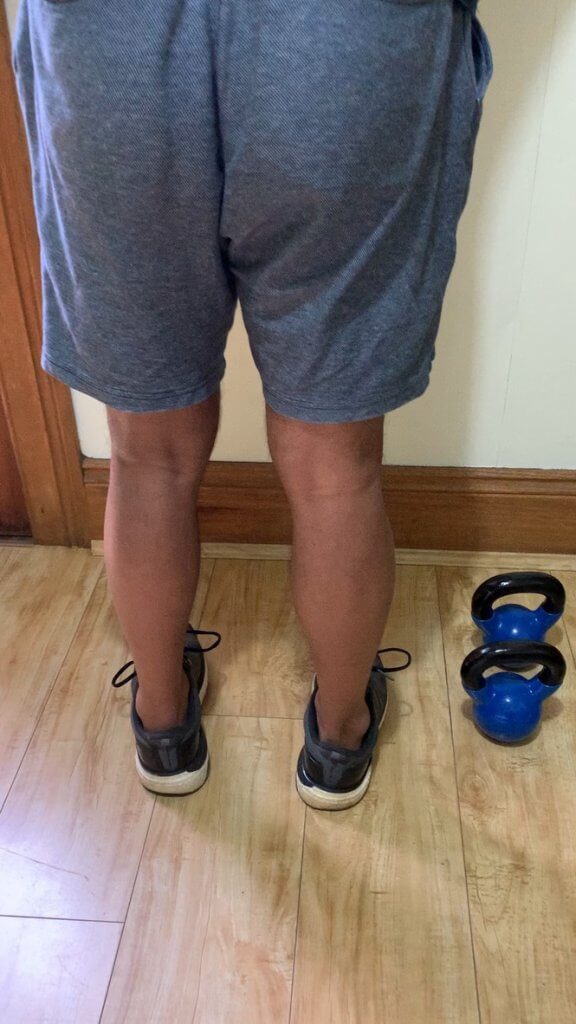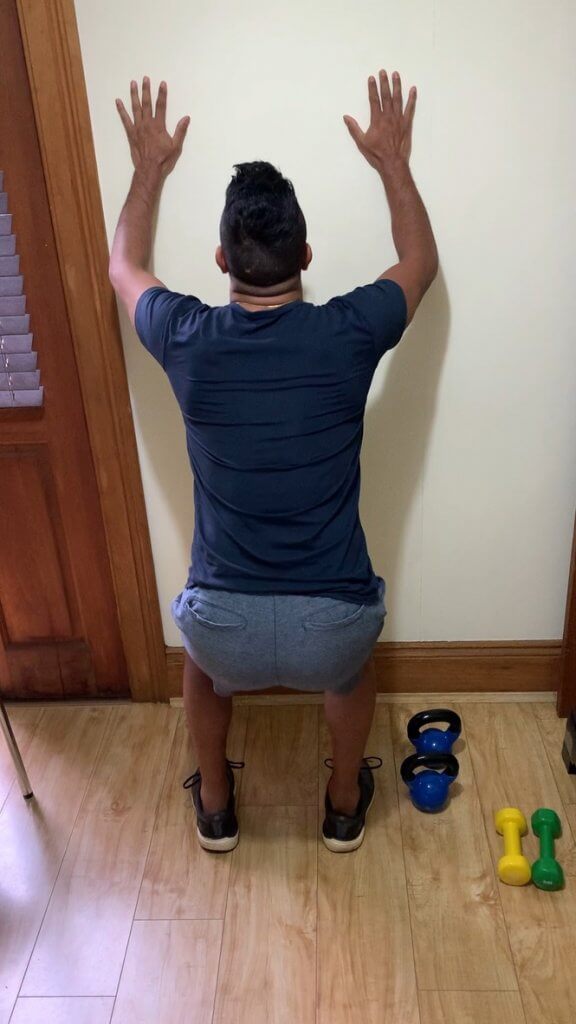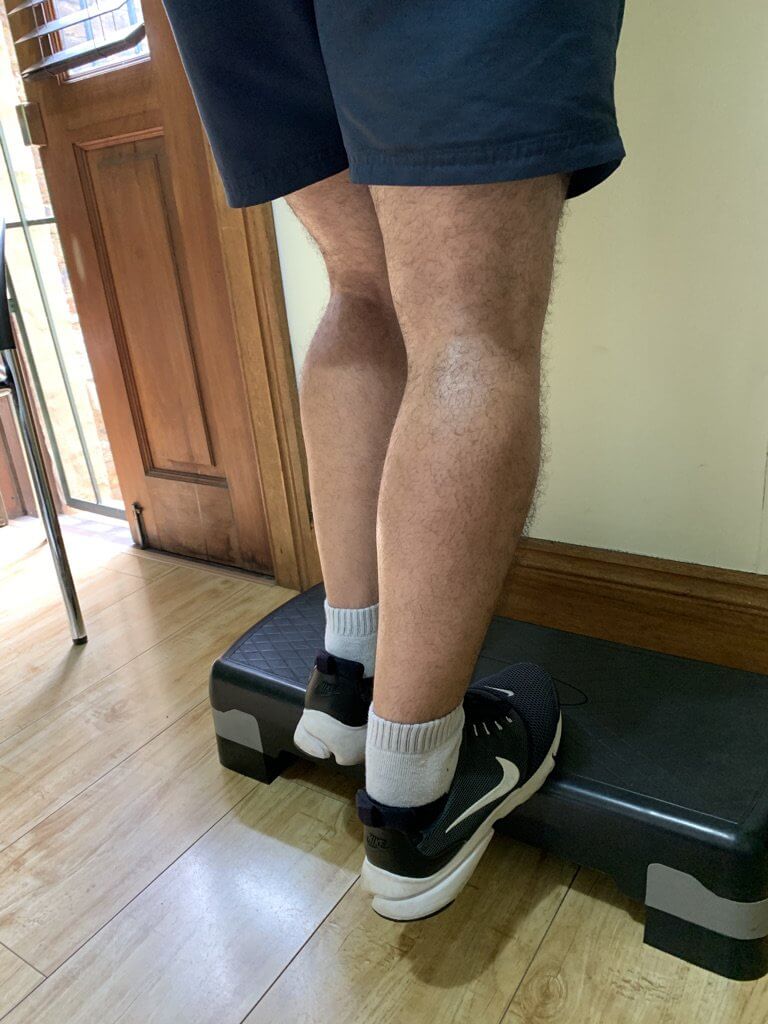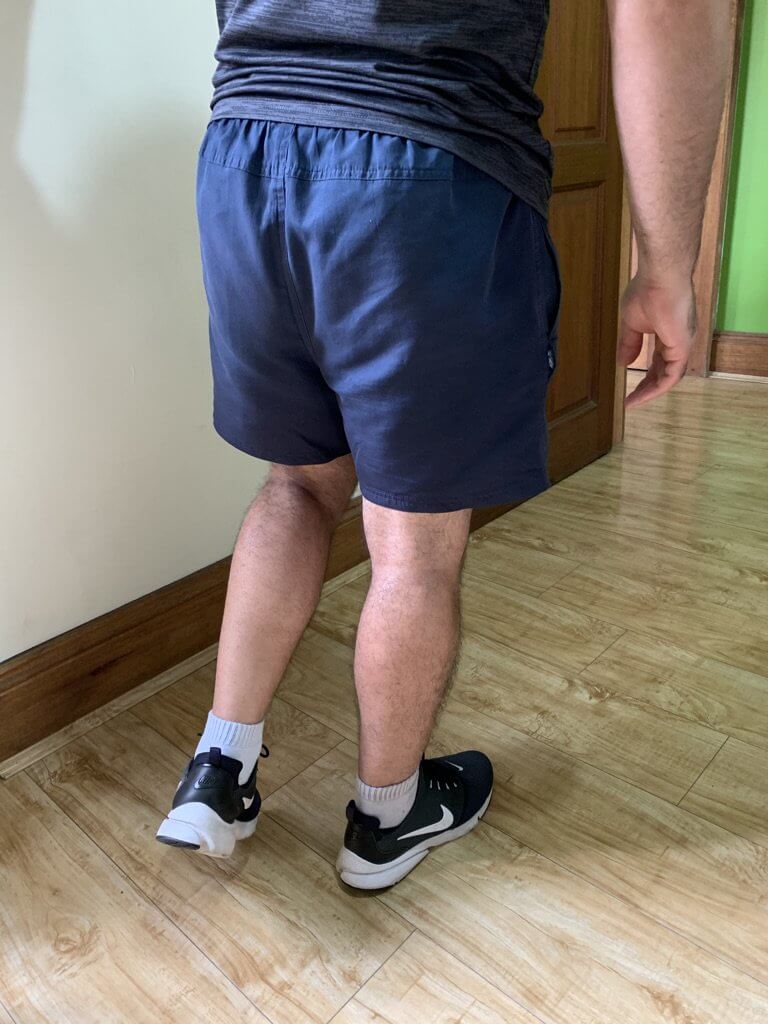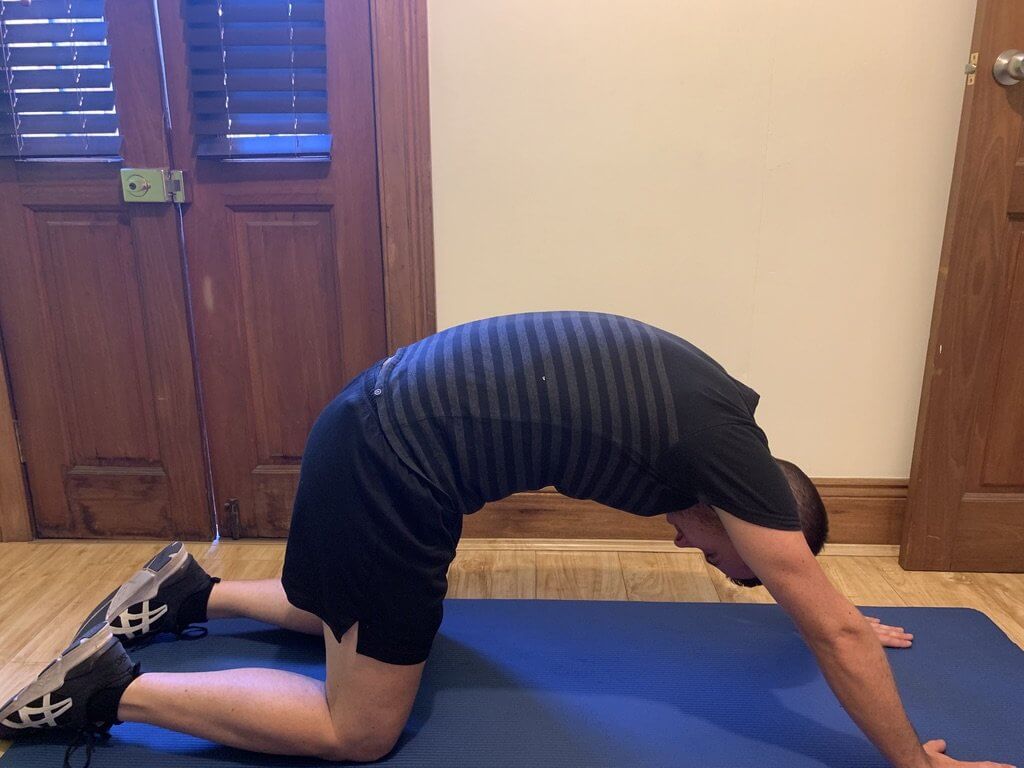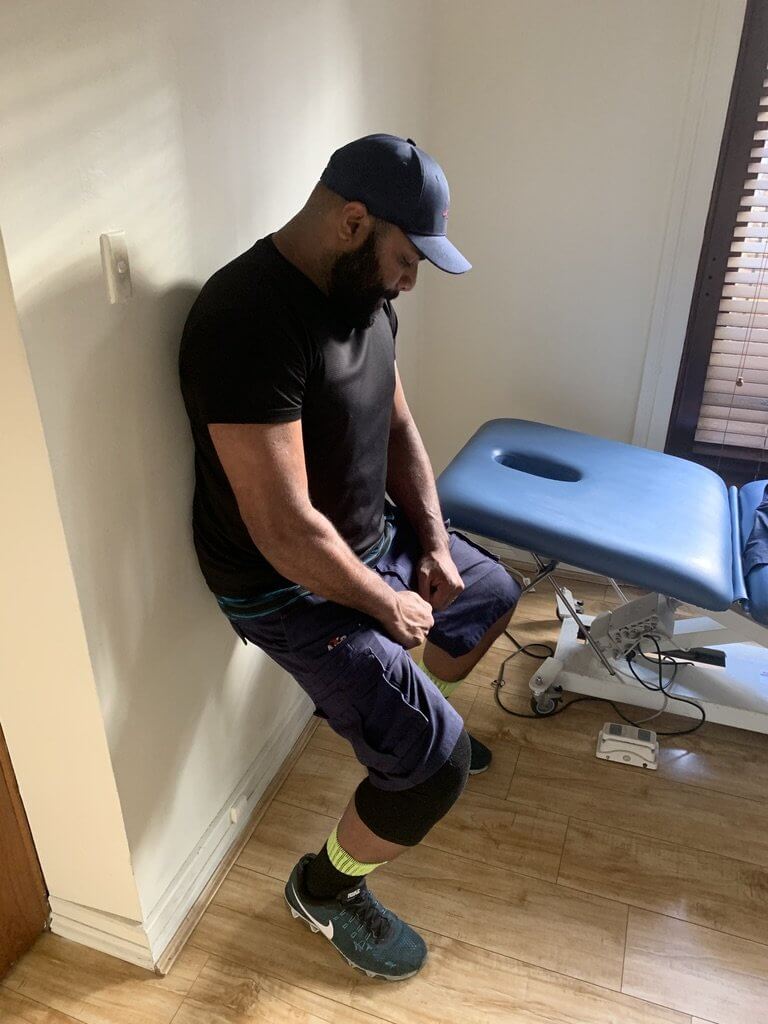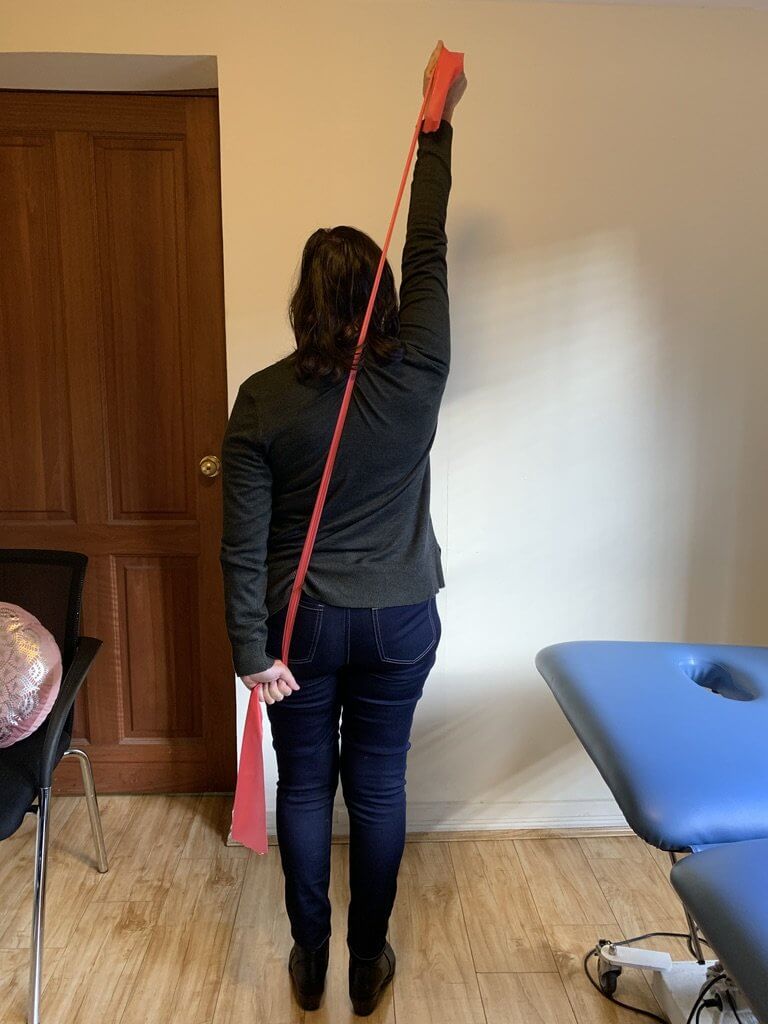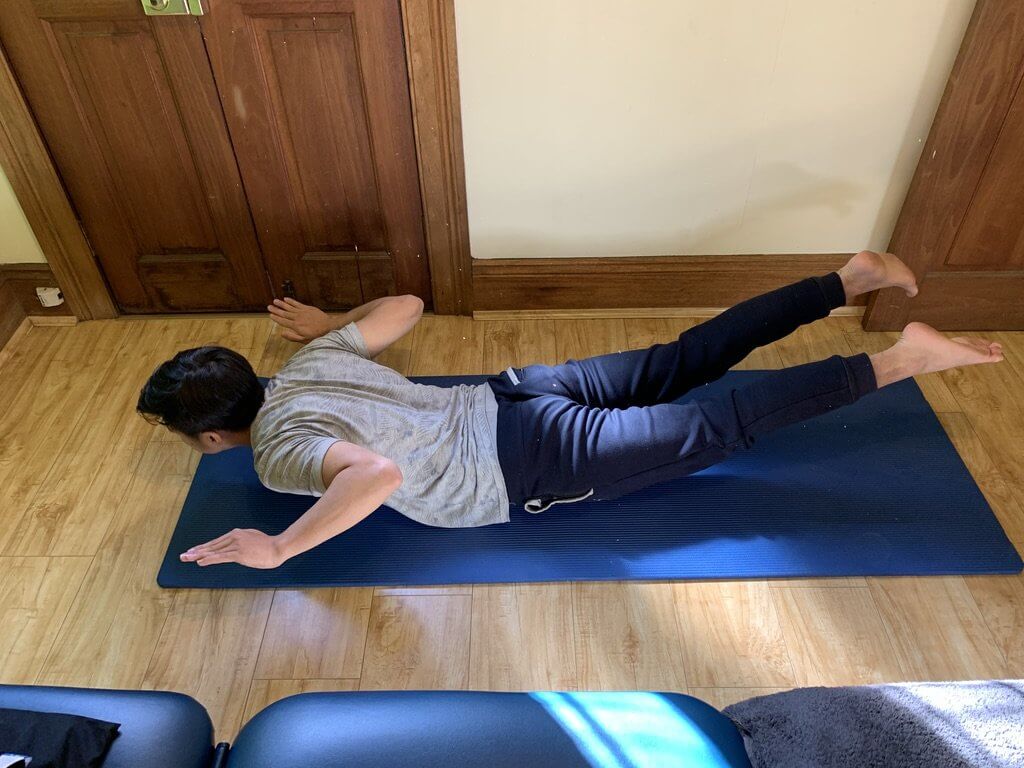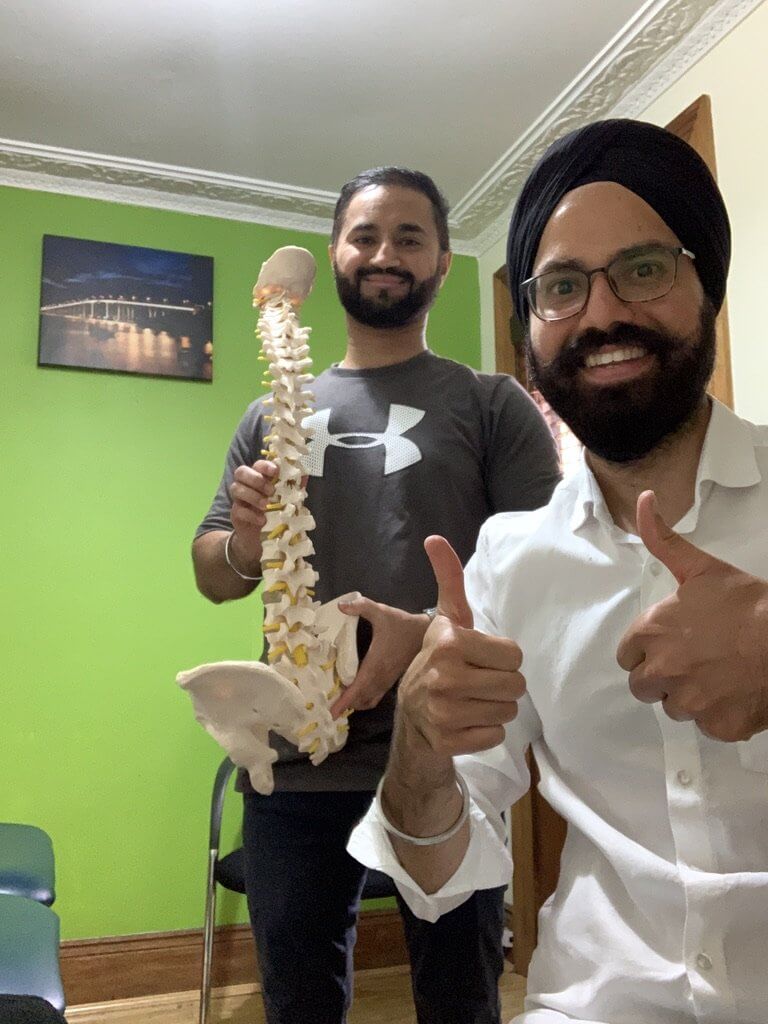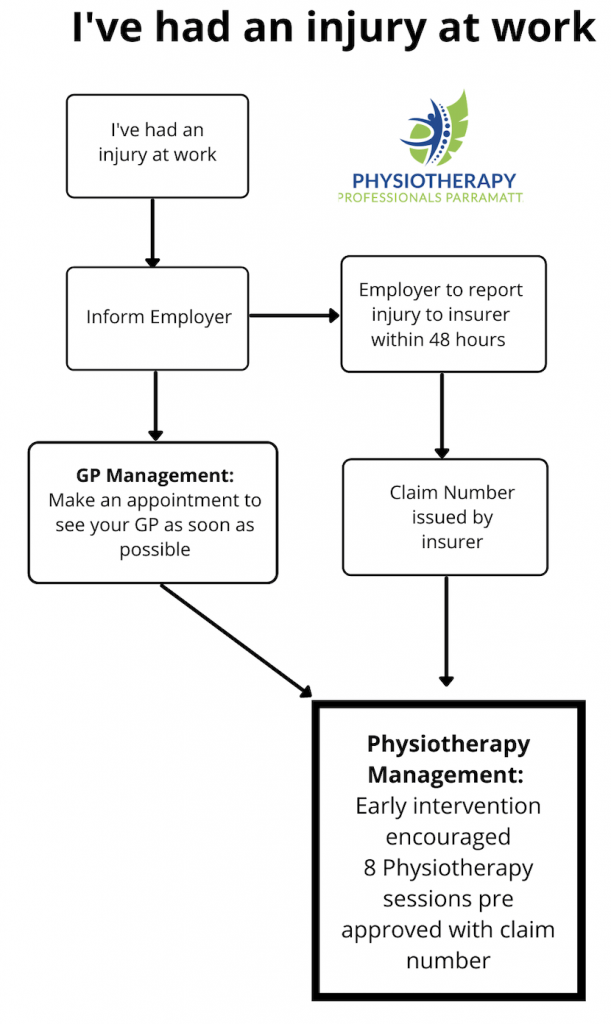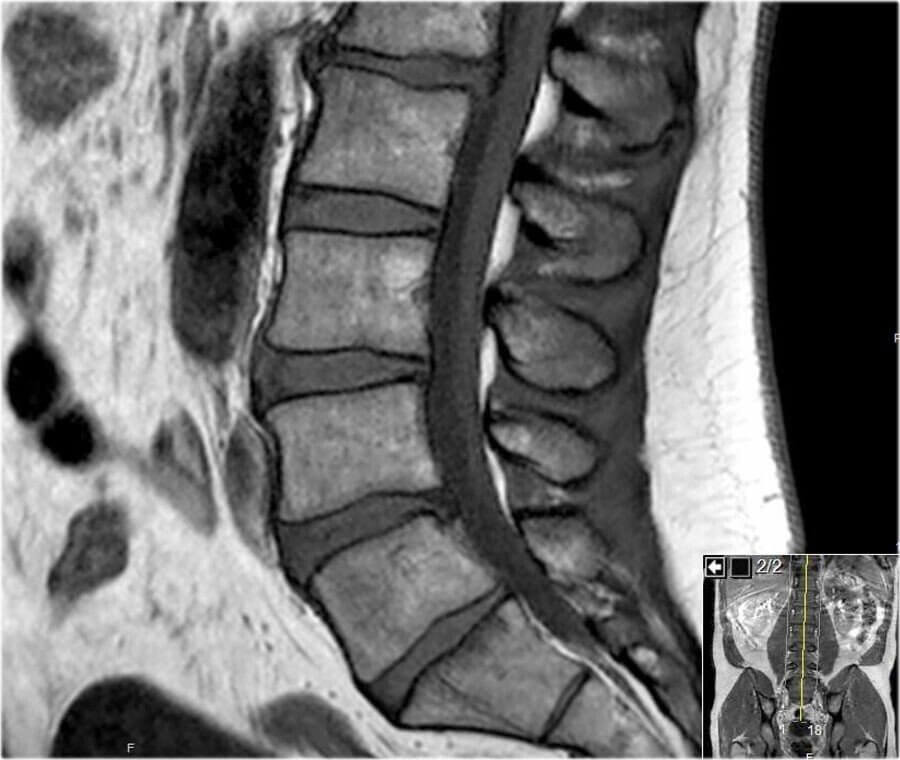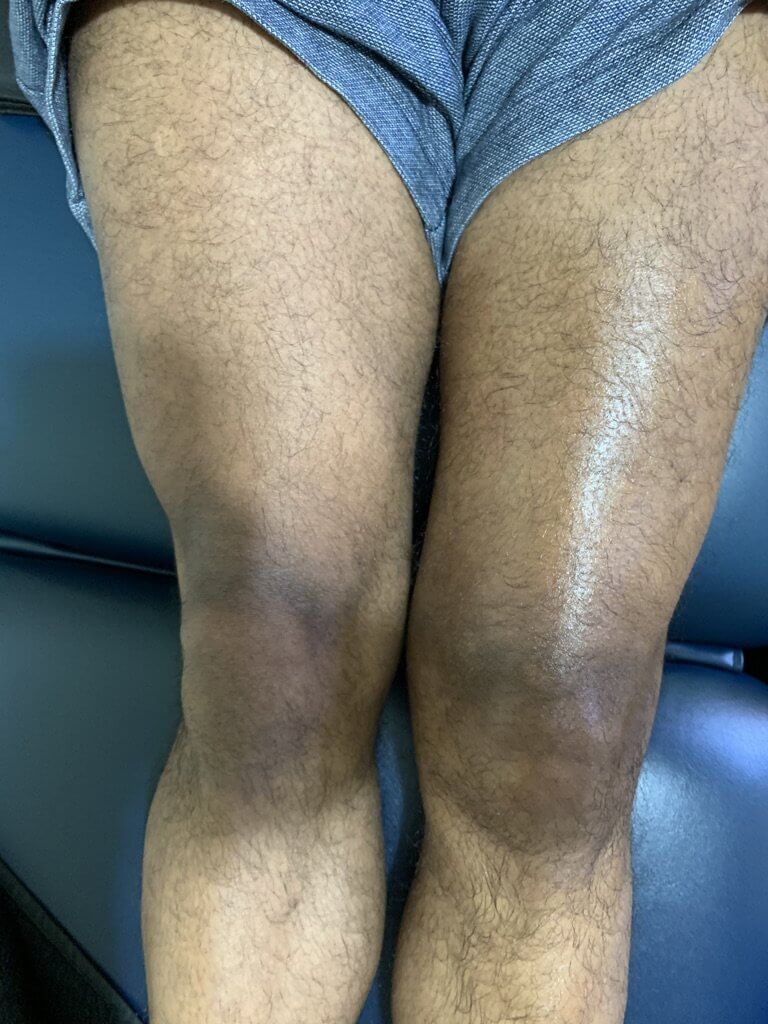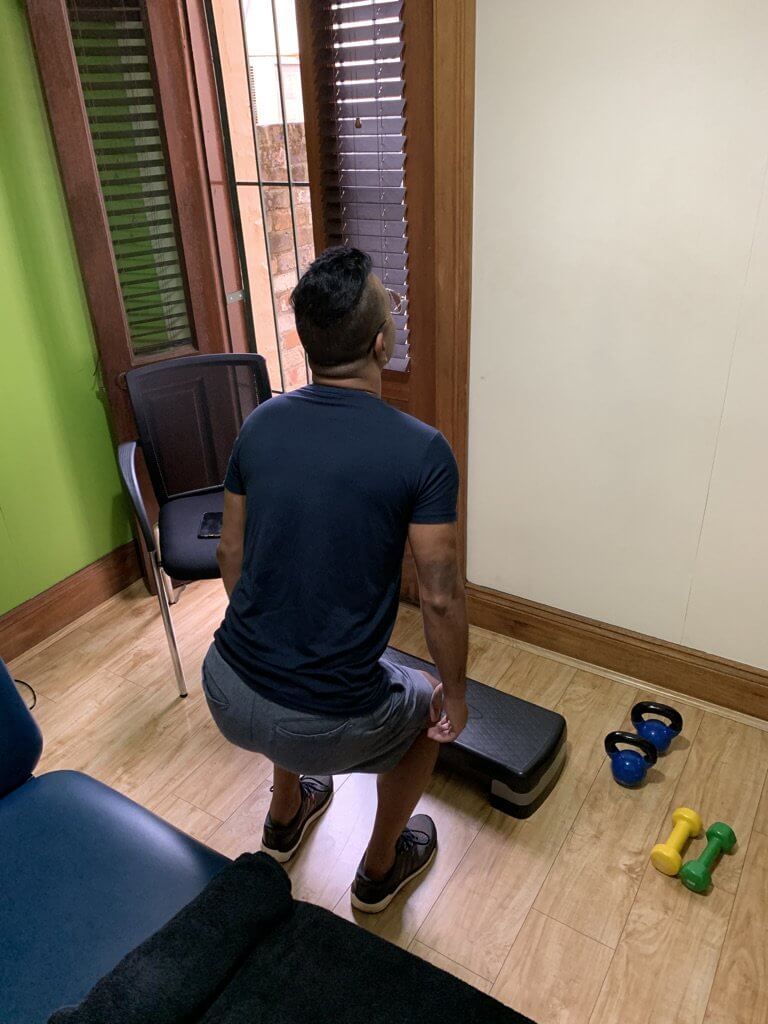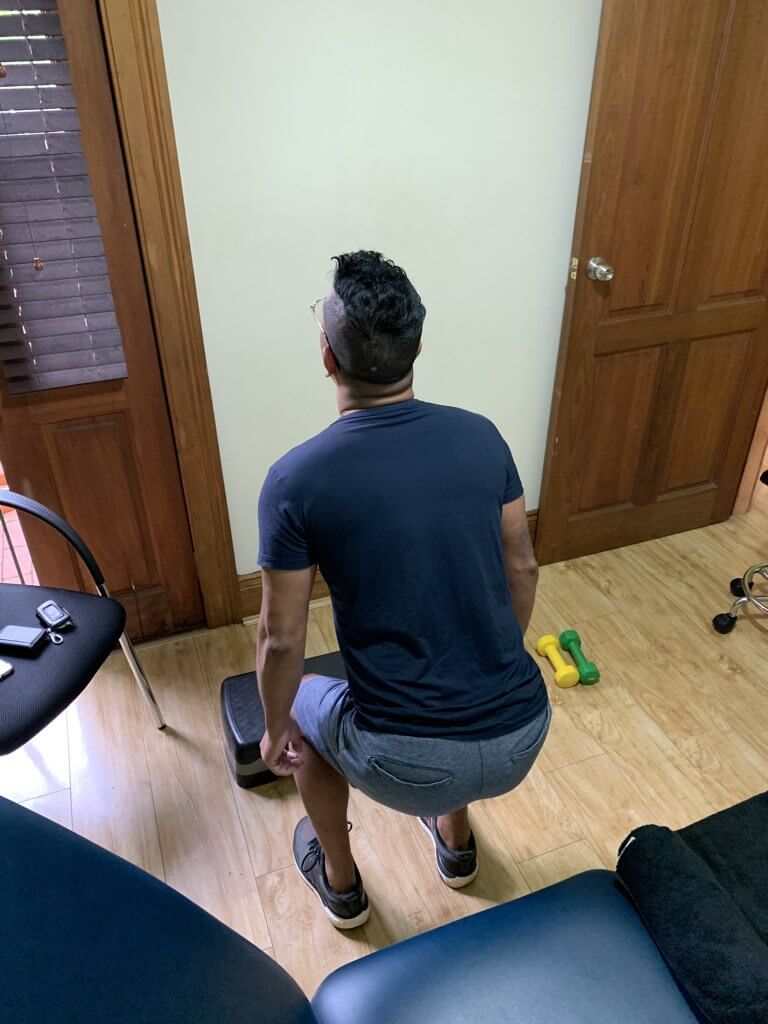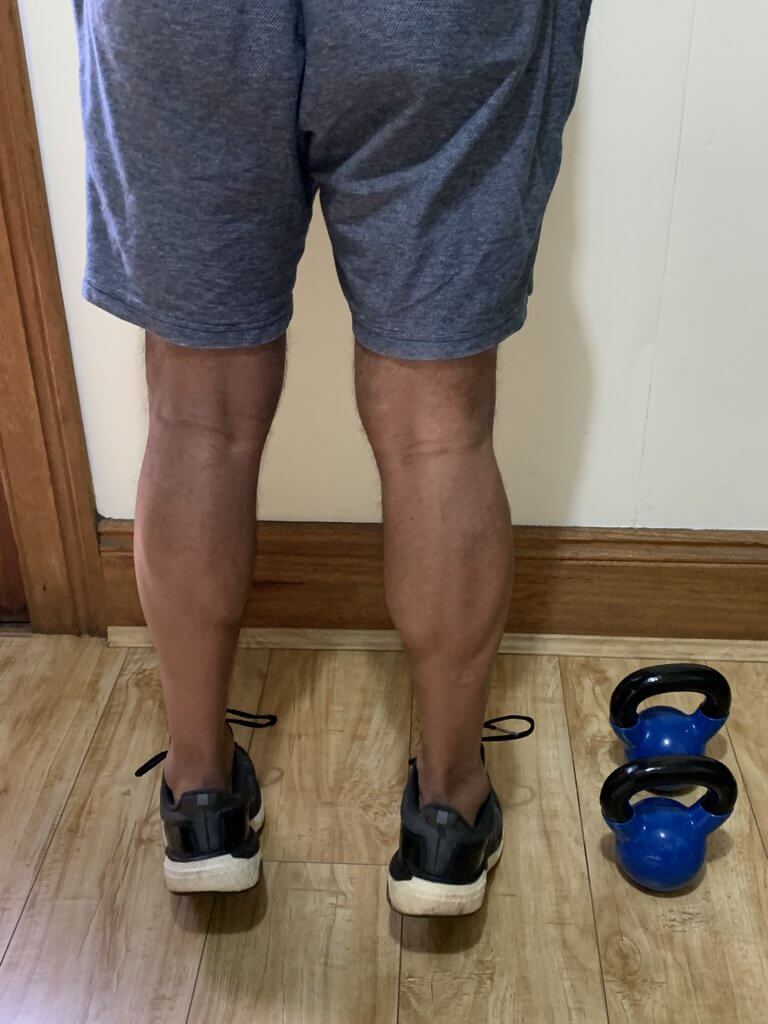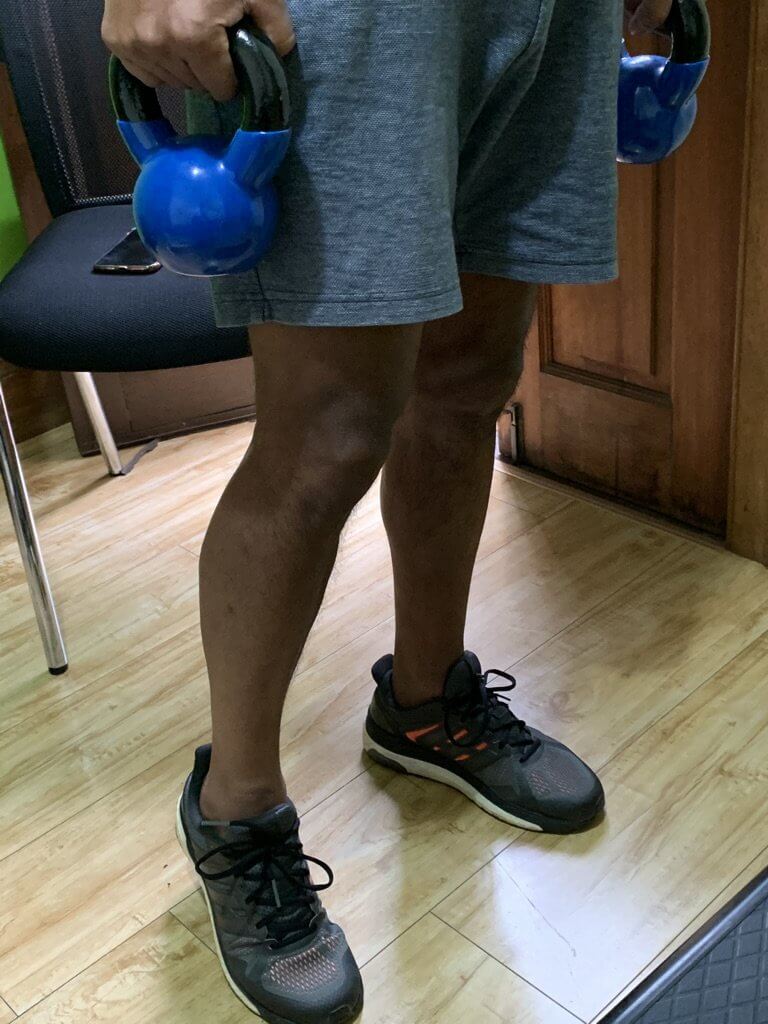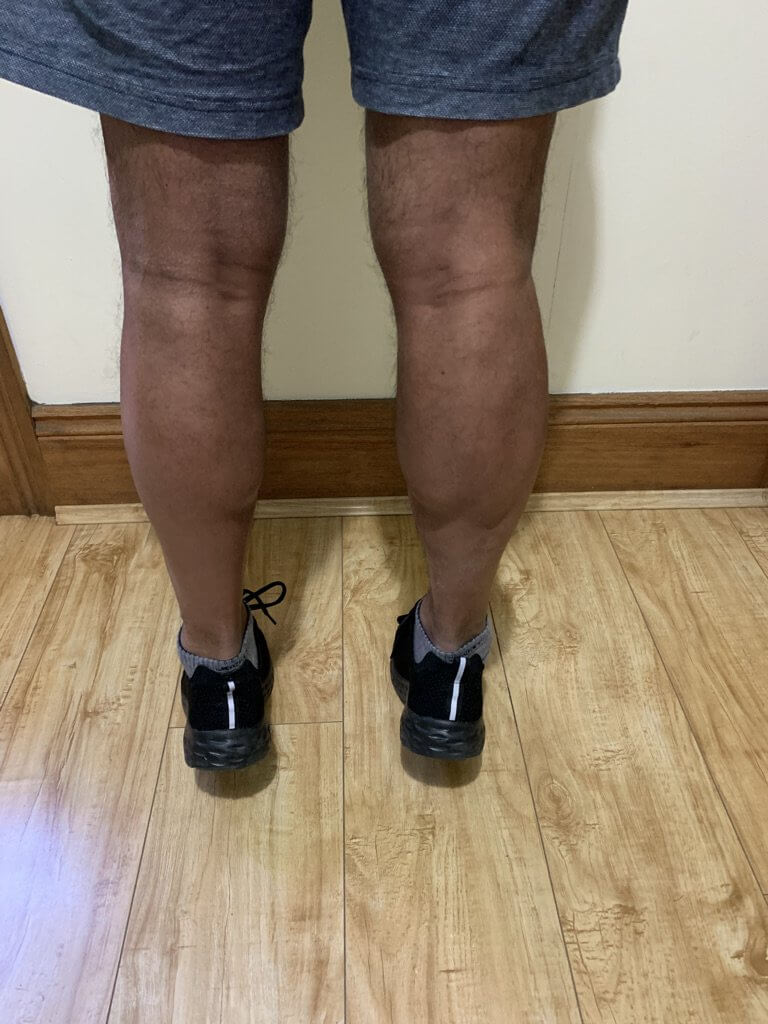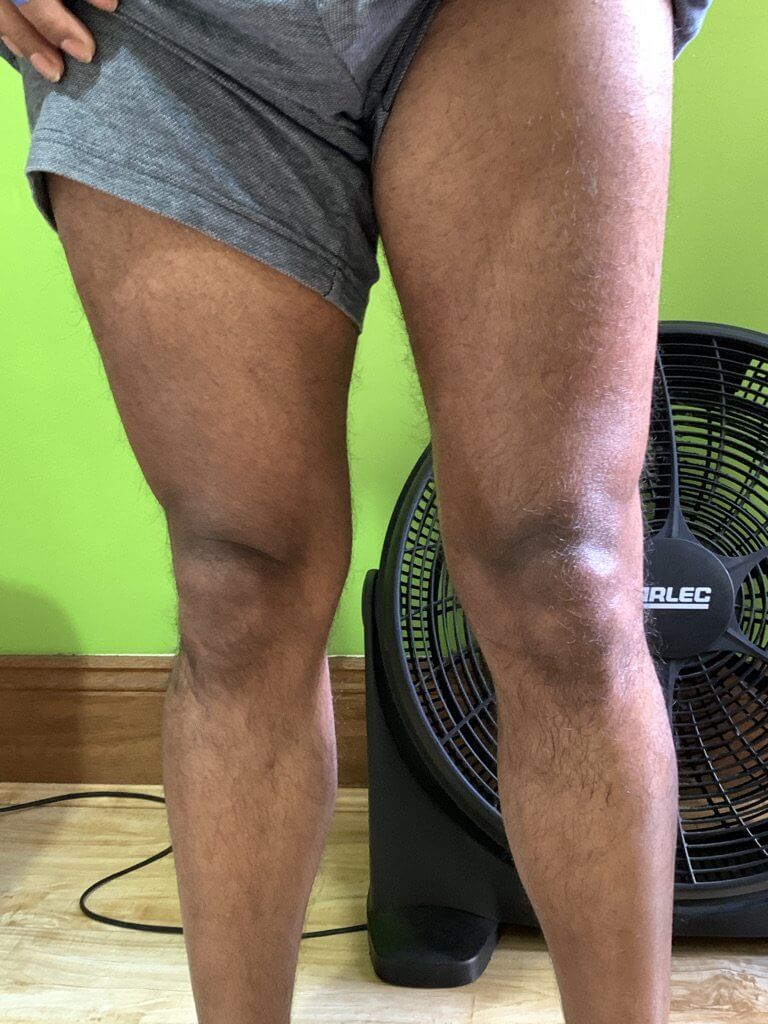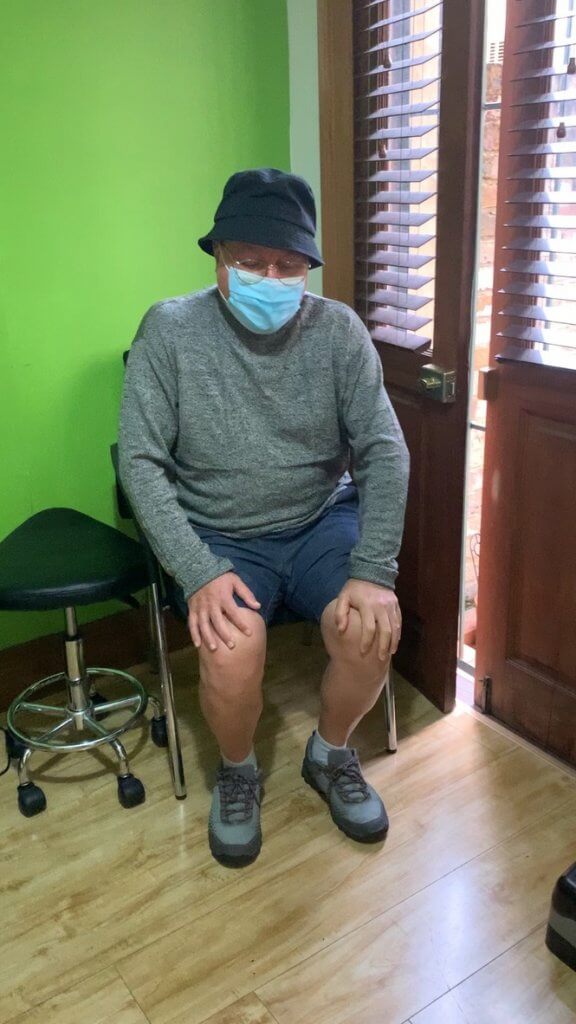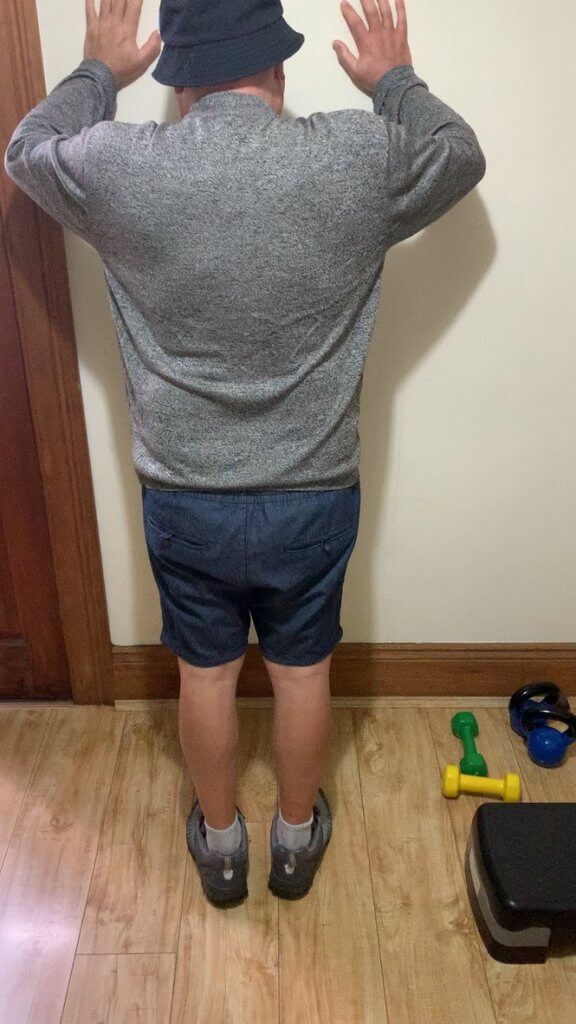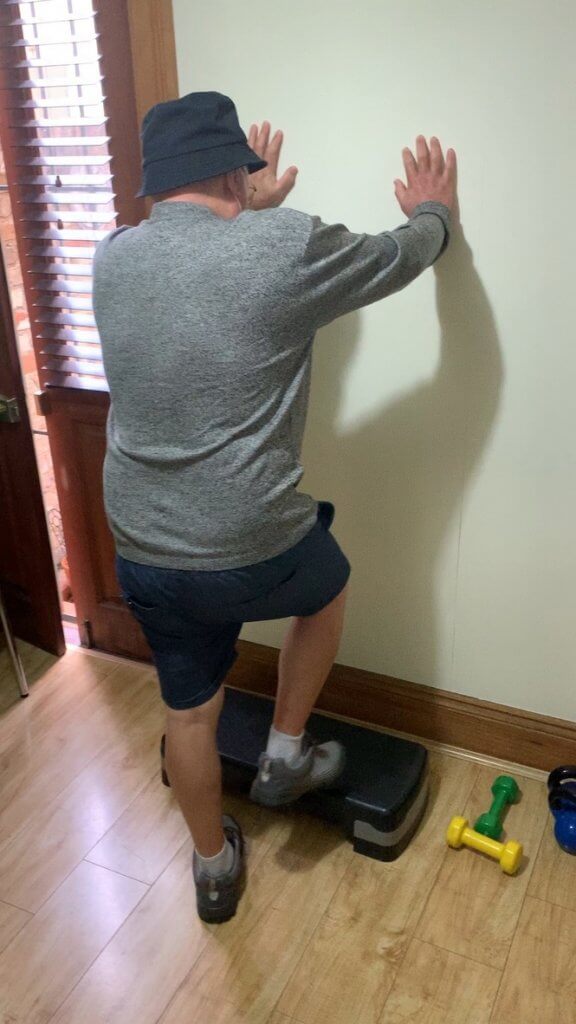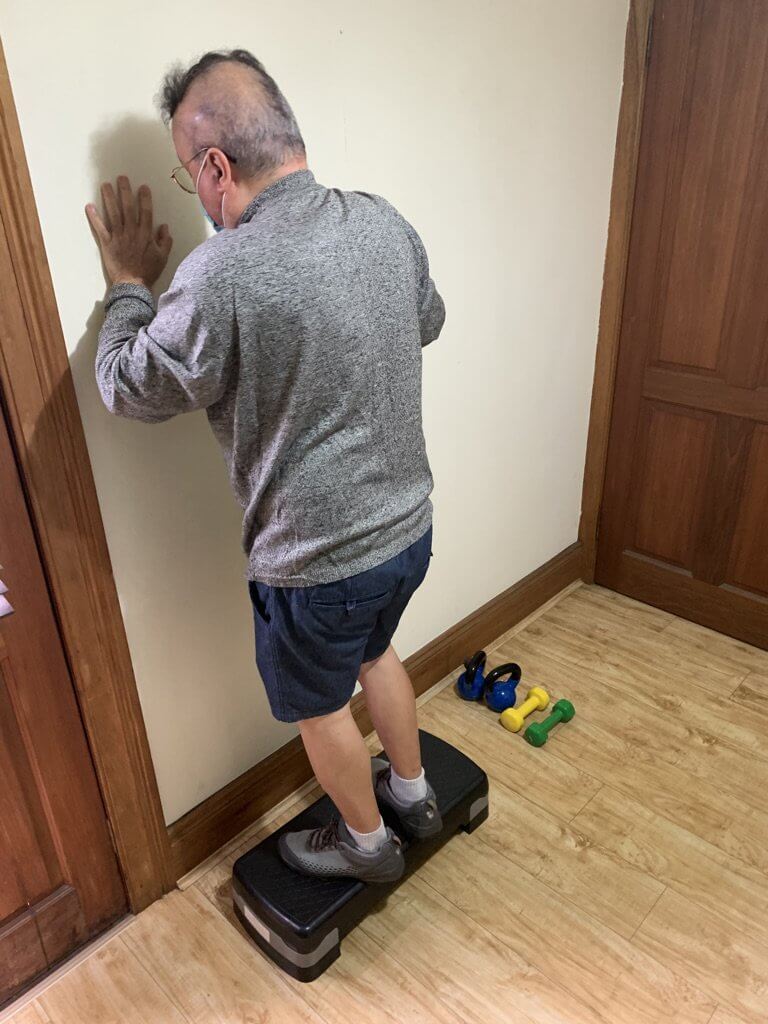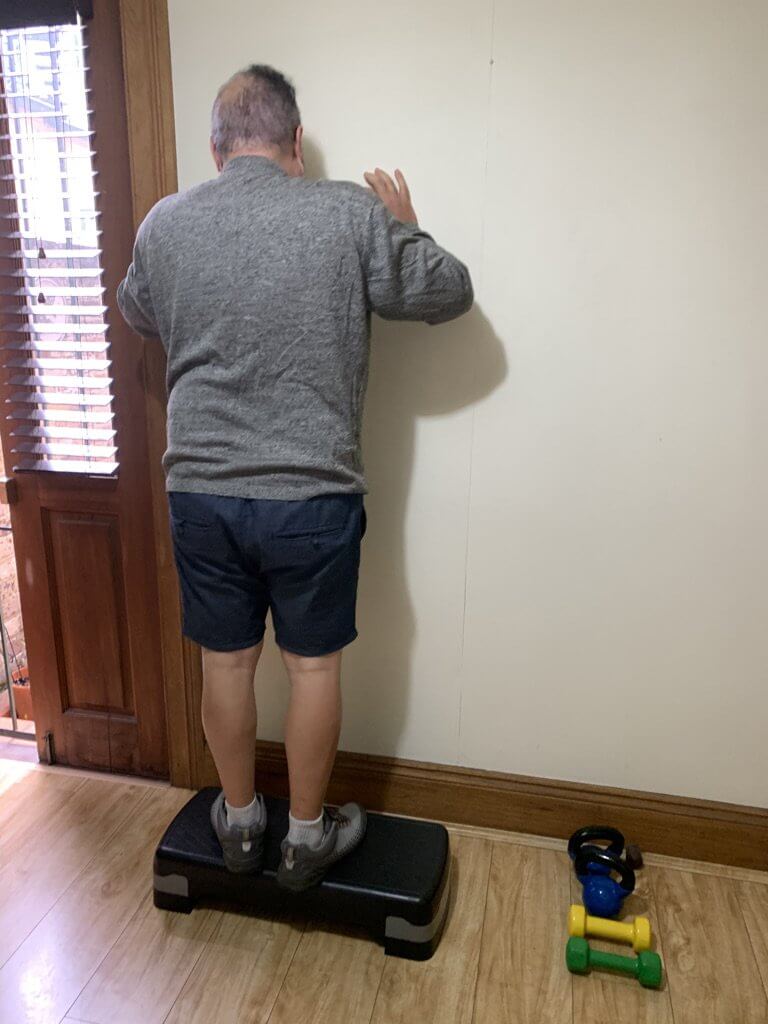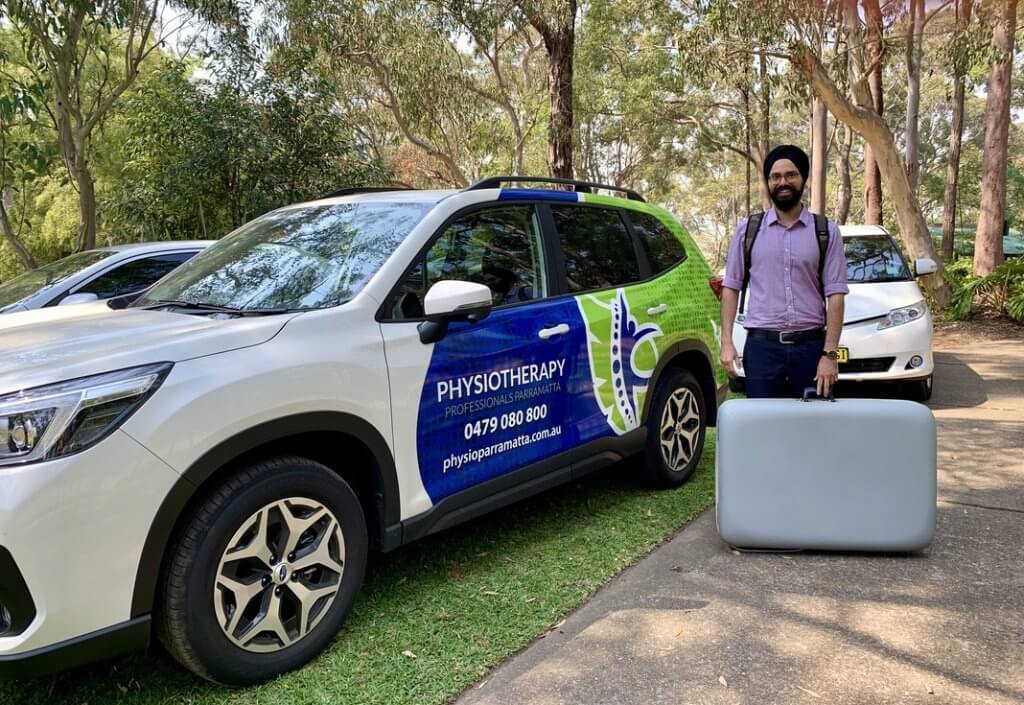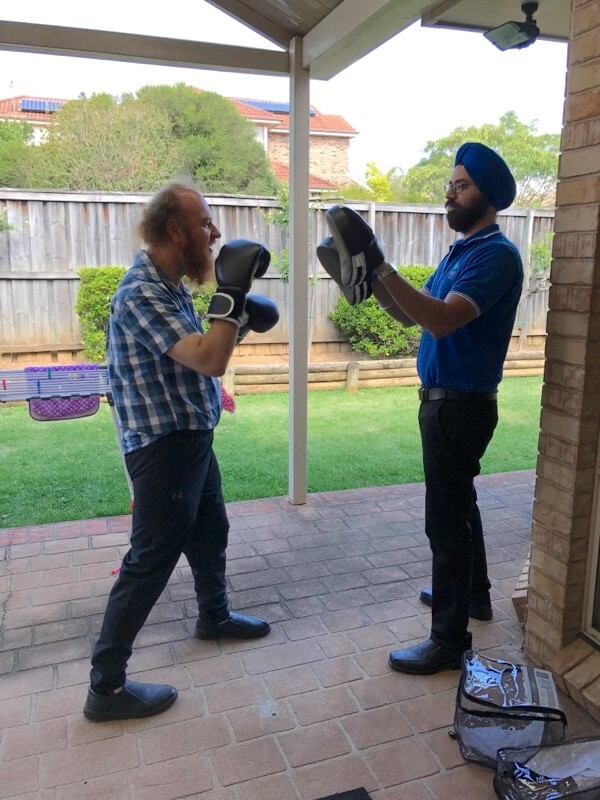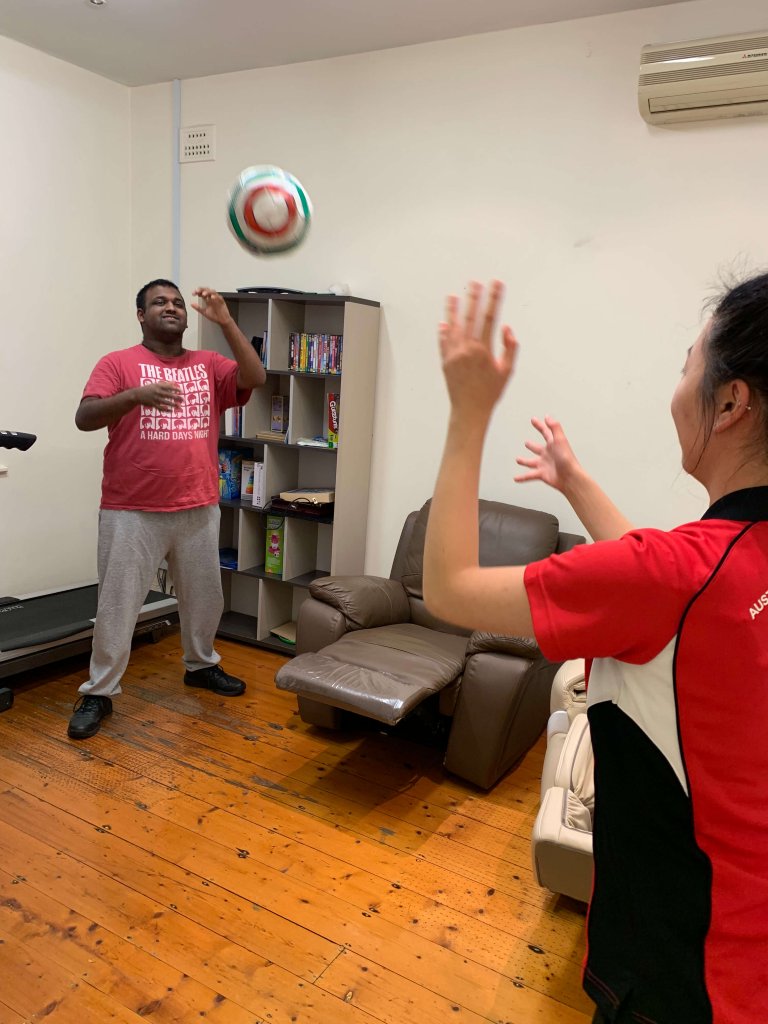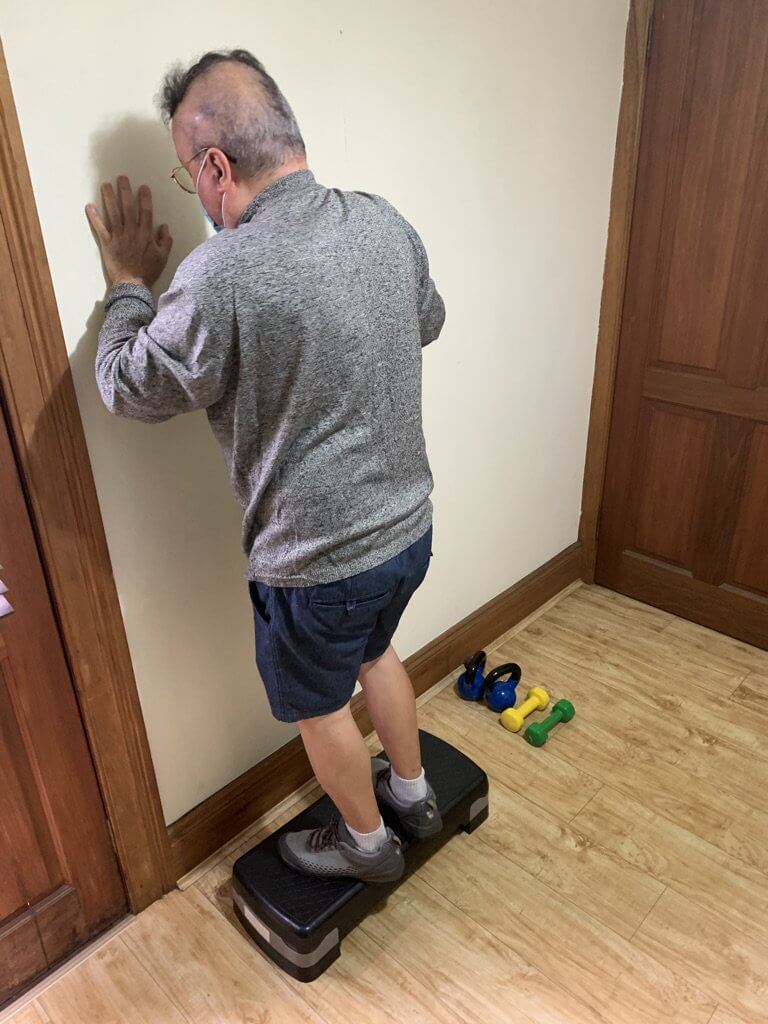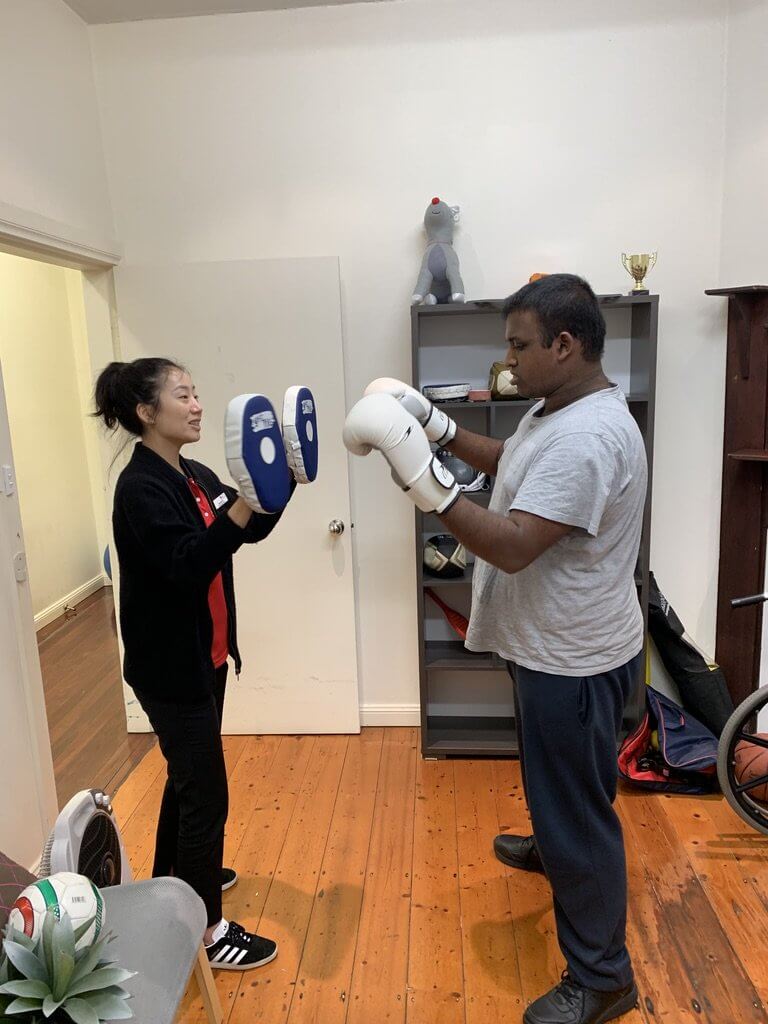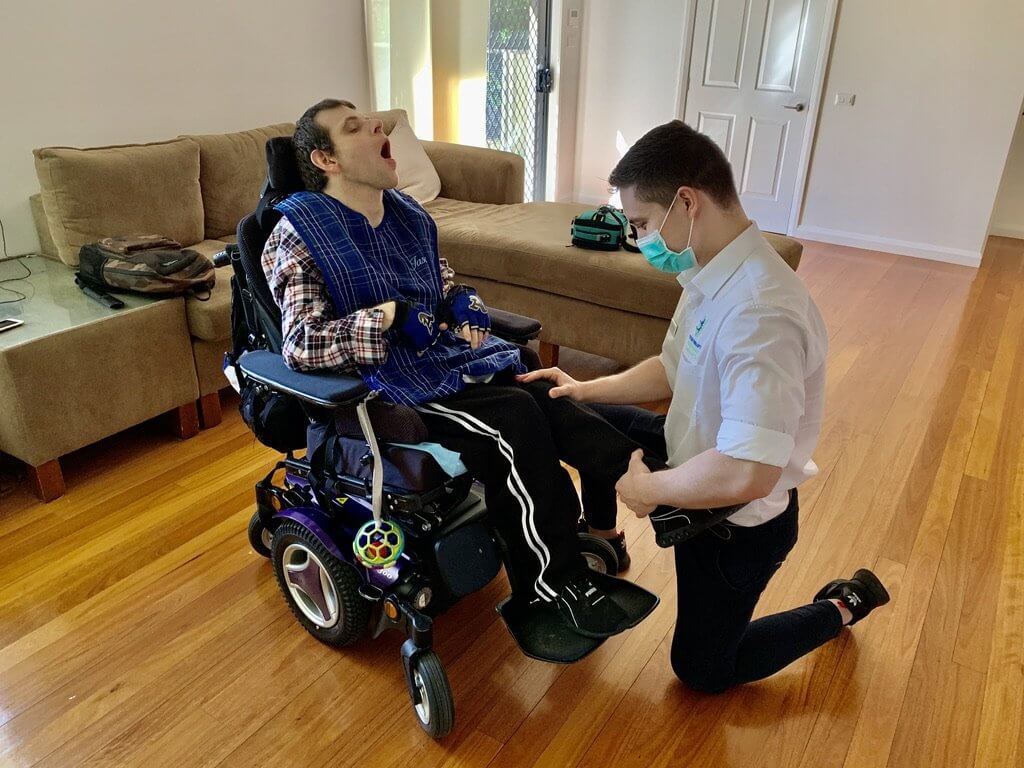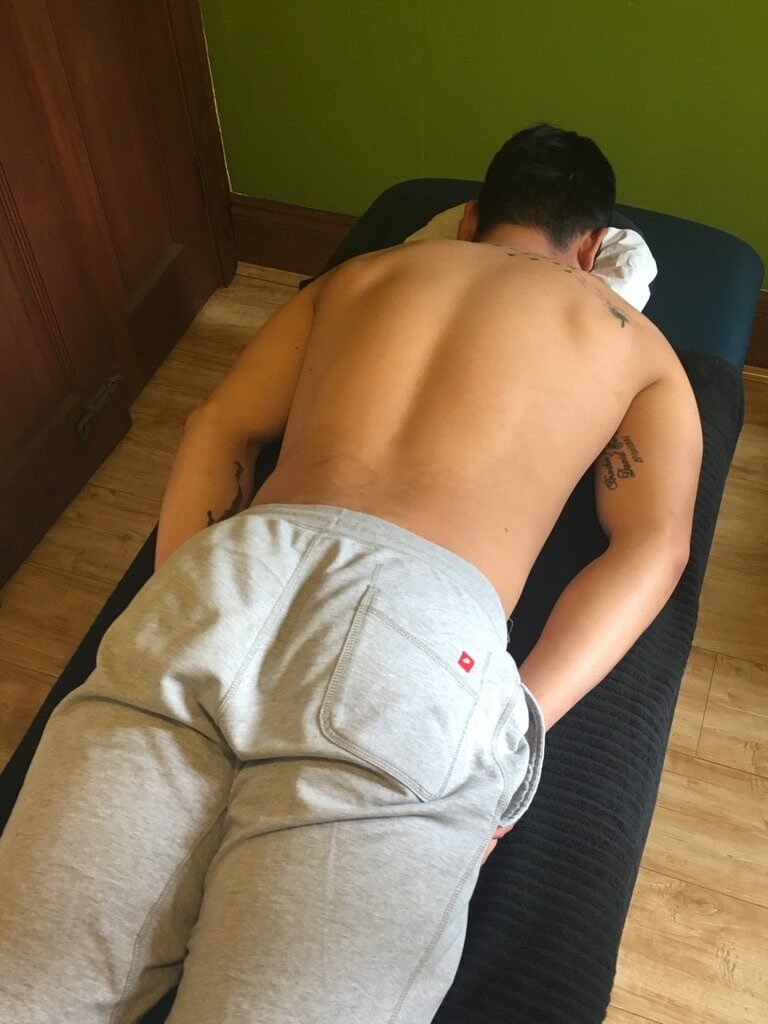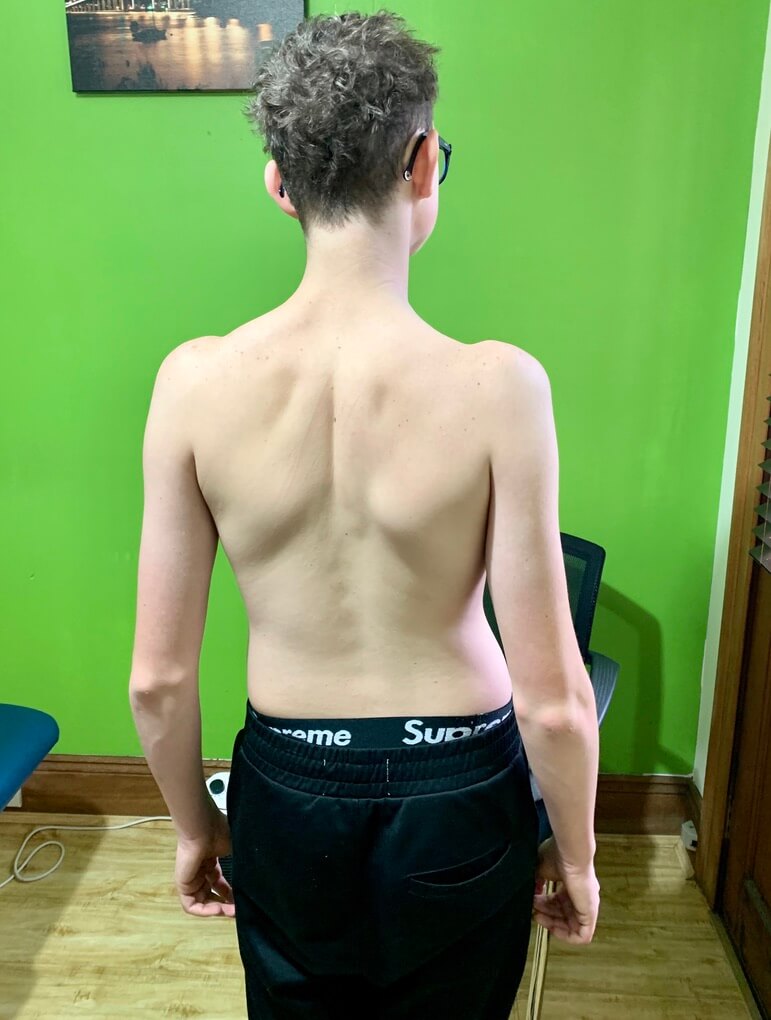Back and Neck Physiotherapy
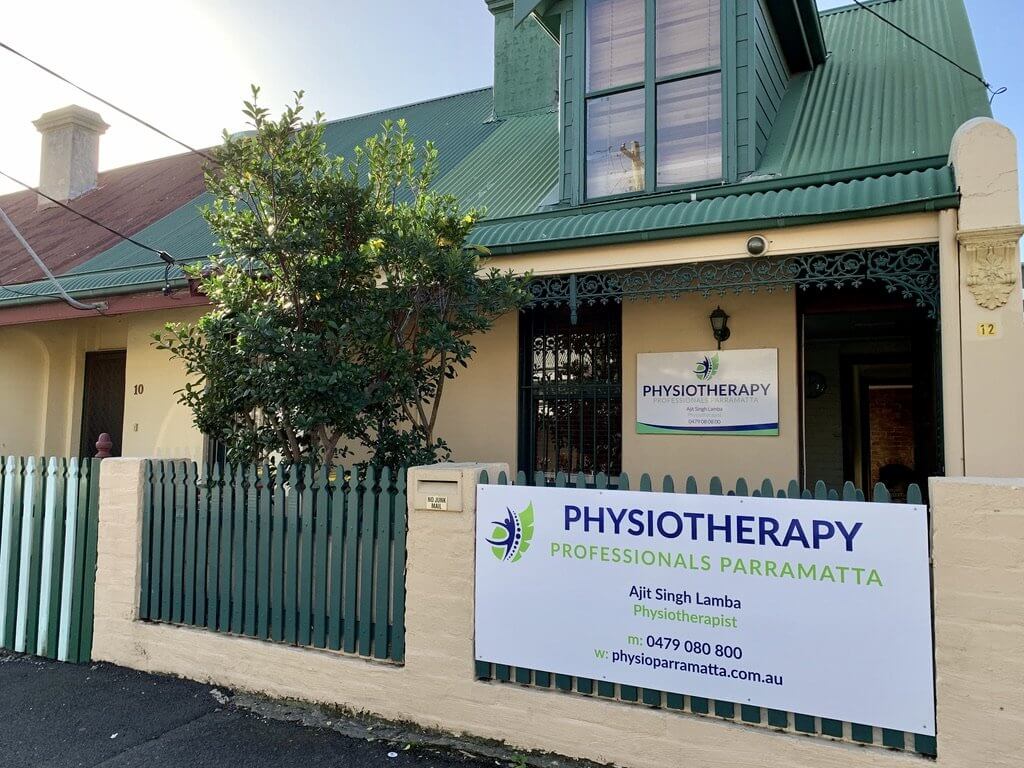
Visit our clinic at a time that suits you!
We are conveniently open before, during and after a normal working day, allowing you to visit us at a time that is convenient to you.
One of the leading causes of back pain is occupational. We find that so many of our clients spend their weekdays hunched over a keyboard in an office chair or talking on a phone. Poor posture and a lack of physical activity can be just as harmful to the lower back as any sport-related injury or accident.
In fact, many office workers aren’t always aware of the damage they are inflicting upon themselves on a daily basis. If this is a fair description of your own working week, think about the little aches and twinges you experience and ask yourself these questions.
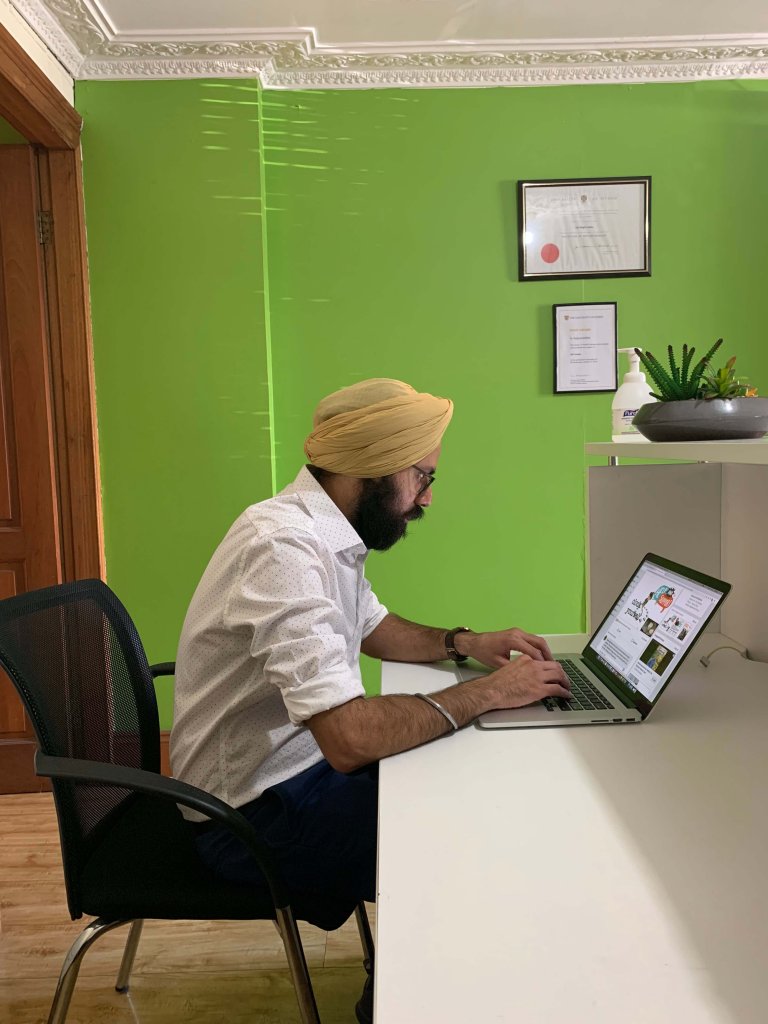
Common Questions
Is my spine a little stiffer than it should be?
Do I experience pain or discomfort in the muscles around my lower back?
Has my back pain been going on for so long that I’ve been ignoring the symptoms?
Non Specific Muscular or Joint Pain
One of the most common forms of lower back pain is non- specific muscular pain. A symptom to look out for is intense muscular pain on one or both sides of the lower back. This type of pain can be caused by lifting, stretching, twisting or any type of movement that adds stress to the lower back. You may also experience this type of lower back pain by making sudden or unexpected movements.
Radicular Pain
This type of pain is caused by injury or irritation to your spinal nerve through conditions such as a herniated disc or a compressed joint. You could experience symptoms like shooting or burning pain, numbness or lack of sensation. This type of pain is a little serious – so don’t ignore it.
Muscle Spasms
Muscle spasms occur when the back muscles involuntarily contract in the lower back. This type of injury is generally a result of a specific incidents like bending or heavy lifting.
If you are suffering any of these types of lower back pains or pain that does not fit within the above mentioned categories, we have you covered. Our team of Physiotherapists provide all clients with a detailed assessment to find the root cause of the pain and its potential causes. We will detail a recommended action plan that will fix your lower back pain and get you back to doing the things that you enjoy – Pain Free!
What you can expect from our team at Physio Parramatta:
The treatment of any back pain requires a strong three-part approach for the best results. This means:
- A professional, detailed assessment of the problem and its causes
- Hands-on therapy and exercises to aid with relief and correction – these can include:
-
- Joint mobilisation
- Clinical exercises – both pain relief and strengthening exercises
- Remedial massage
- Dry Needling
- Taping
- Electronic Stimulation
- Alignment techniques
- Workplace ergonomic adjustments
-
- Guidance on lower back pain exercises and changes outside of the clinic
Contact Us:
For more information on how we can further assist you, please call our clinic number on 0479 080 800 or send us an email on [email protected] for further details. Our Physiotherapists are Medicare, NDIS, DVA and Work Cover approved, specialising in injury management and rehabilitation to get you back on track.

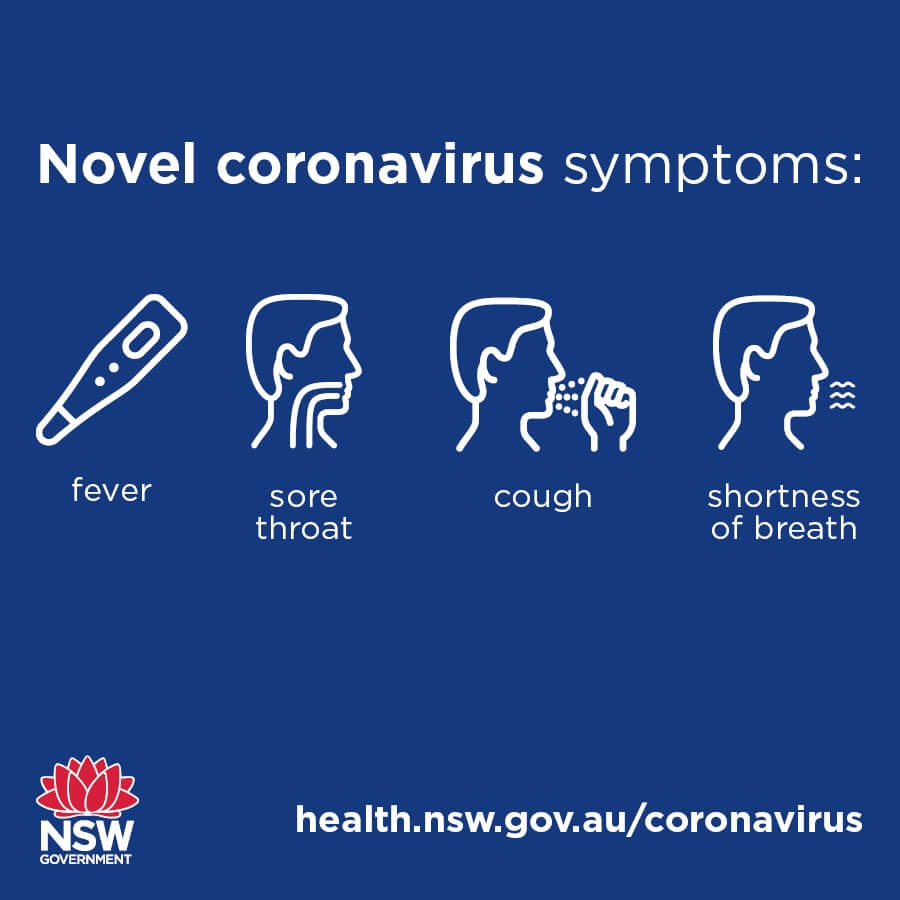
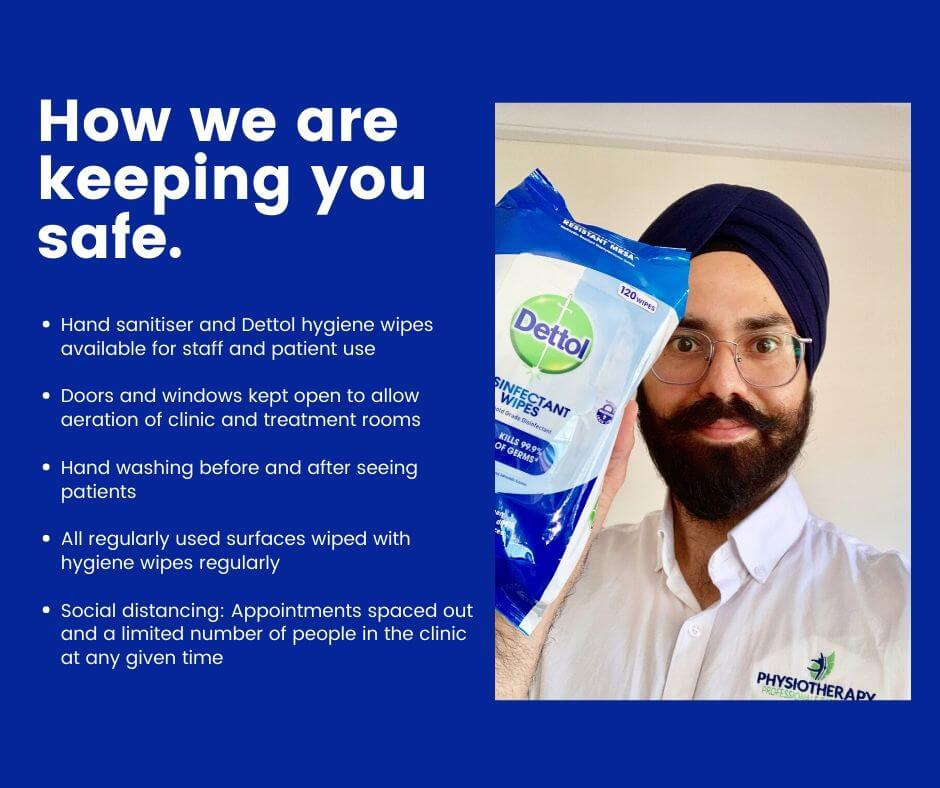
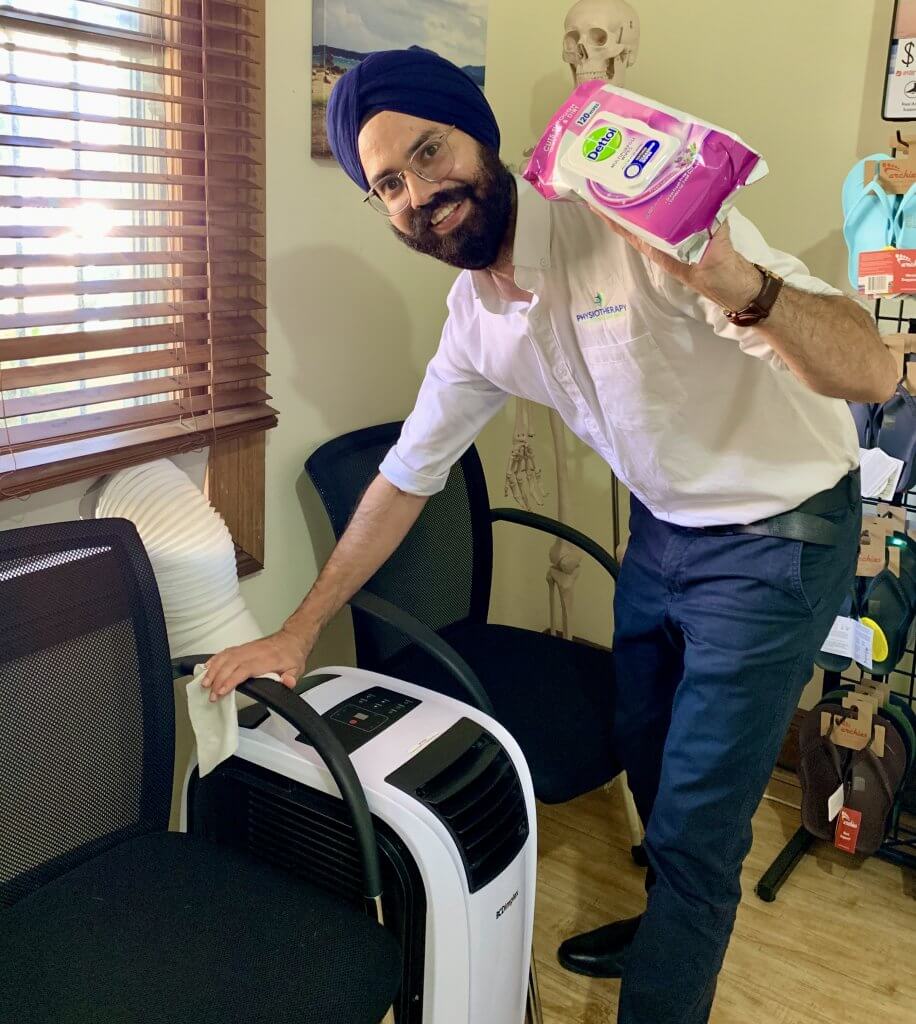
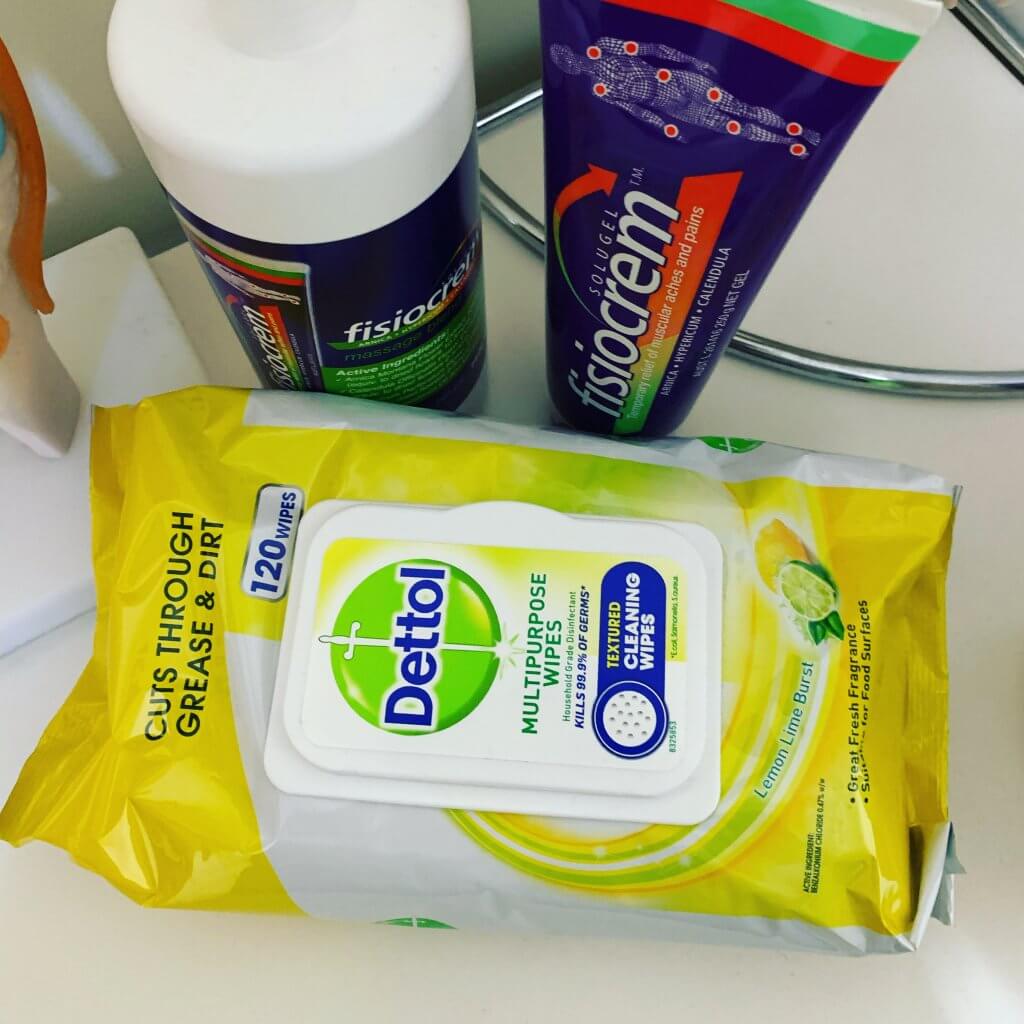
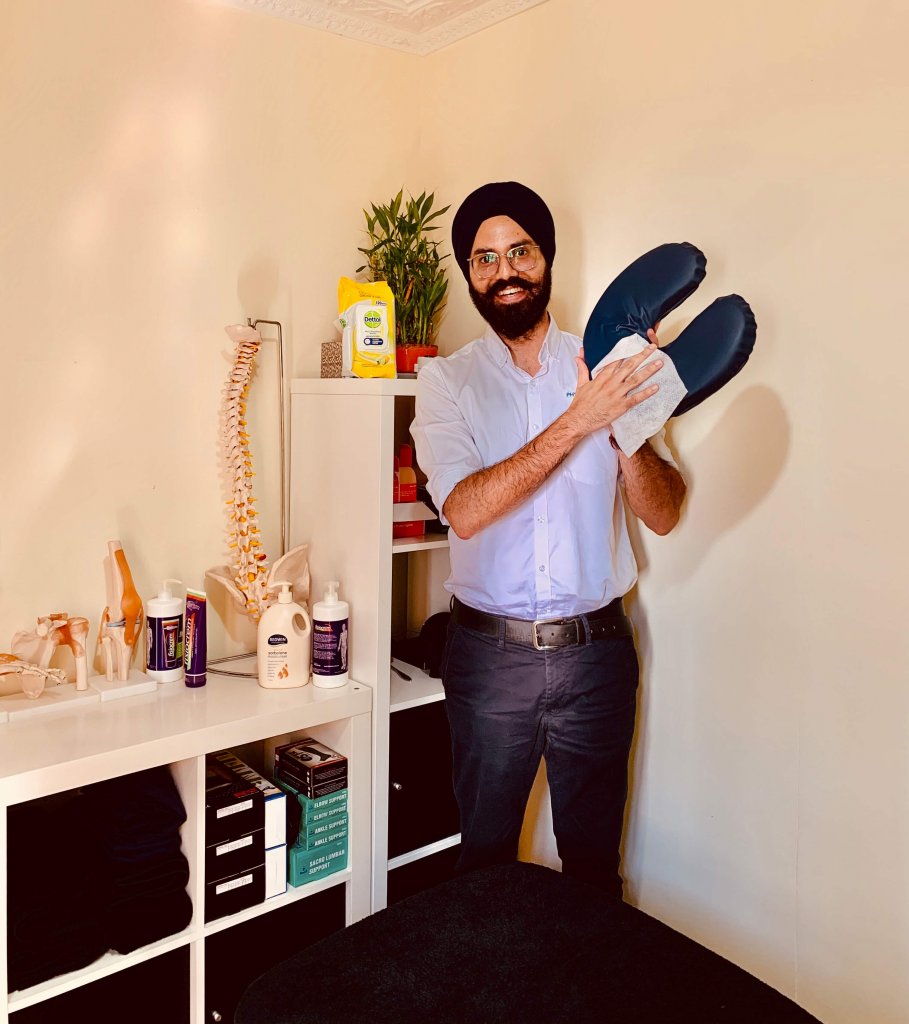
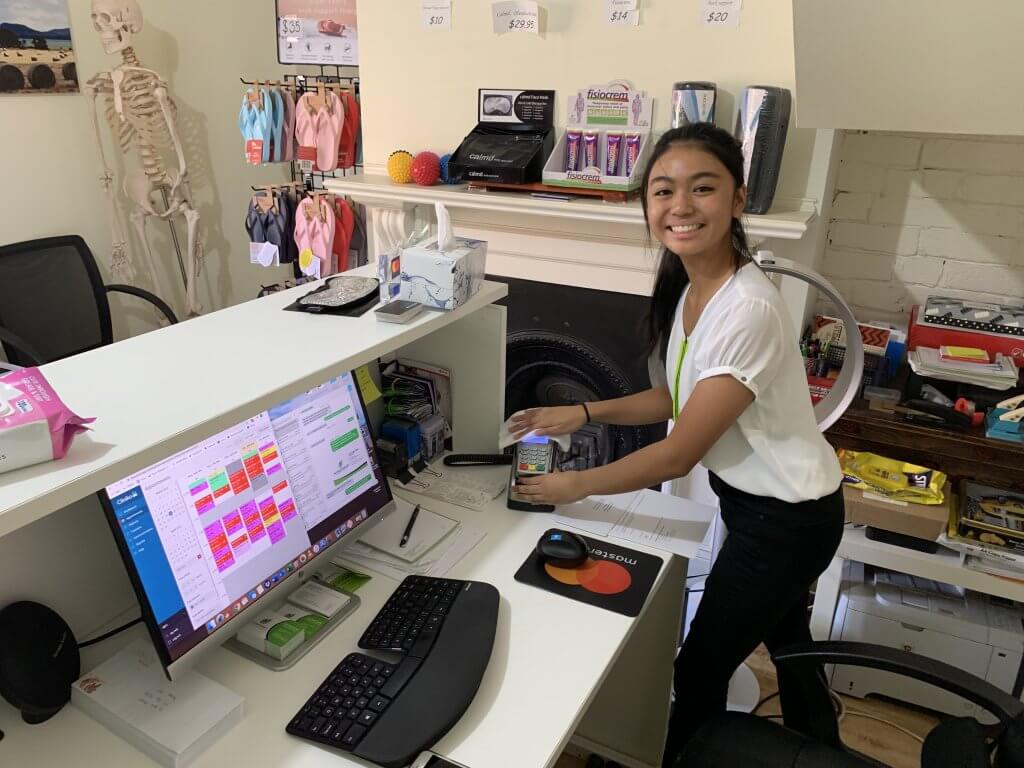
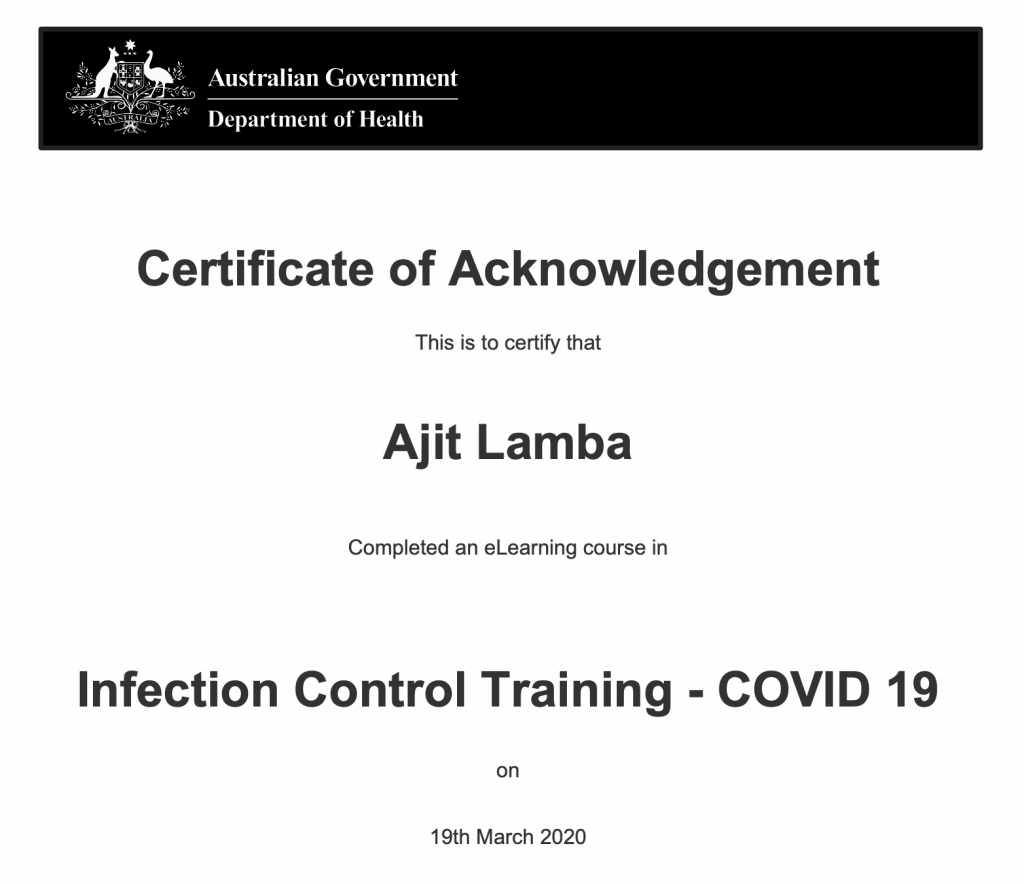

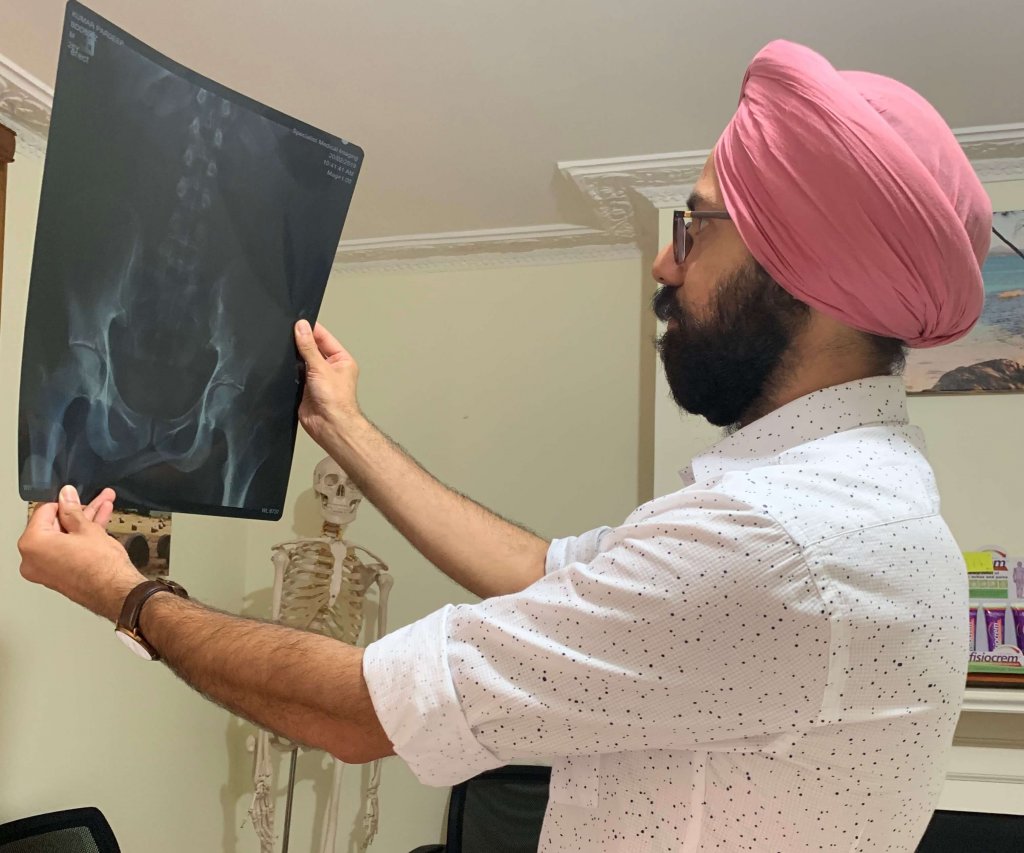 Physiotherapy Professionals Parramatta: Car Accident Fracture Rehabilitation
Physiotherapy Professionals Parramatta: Car Accident Fracture Rehabilitation